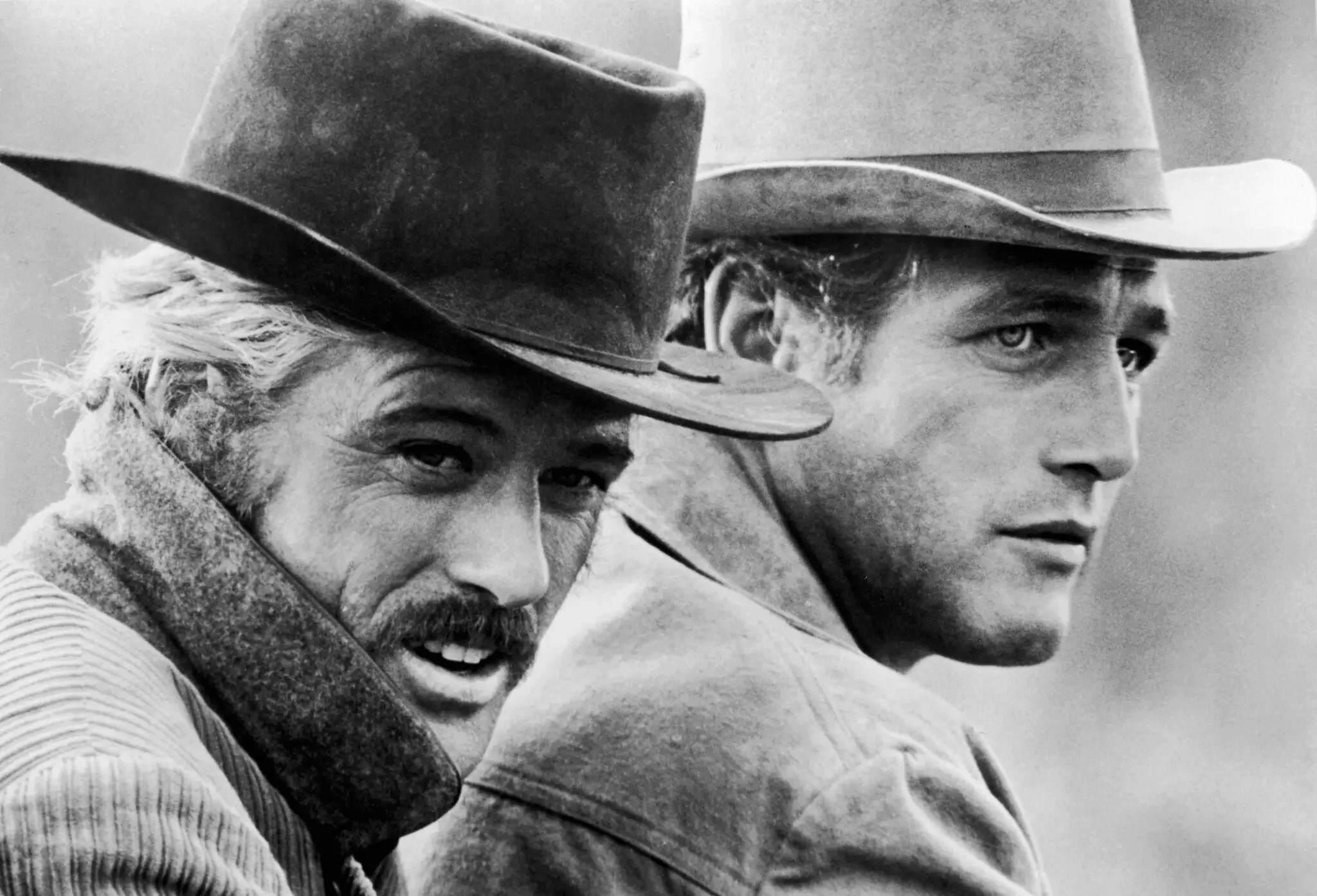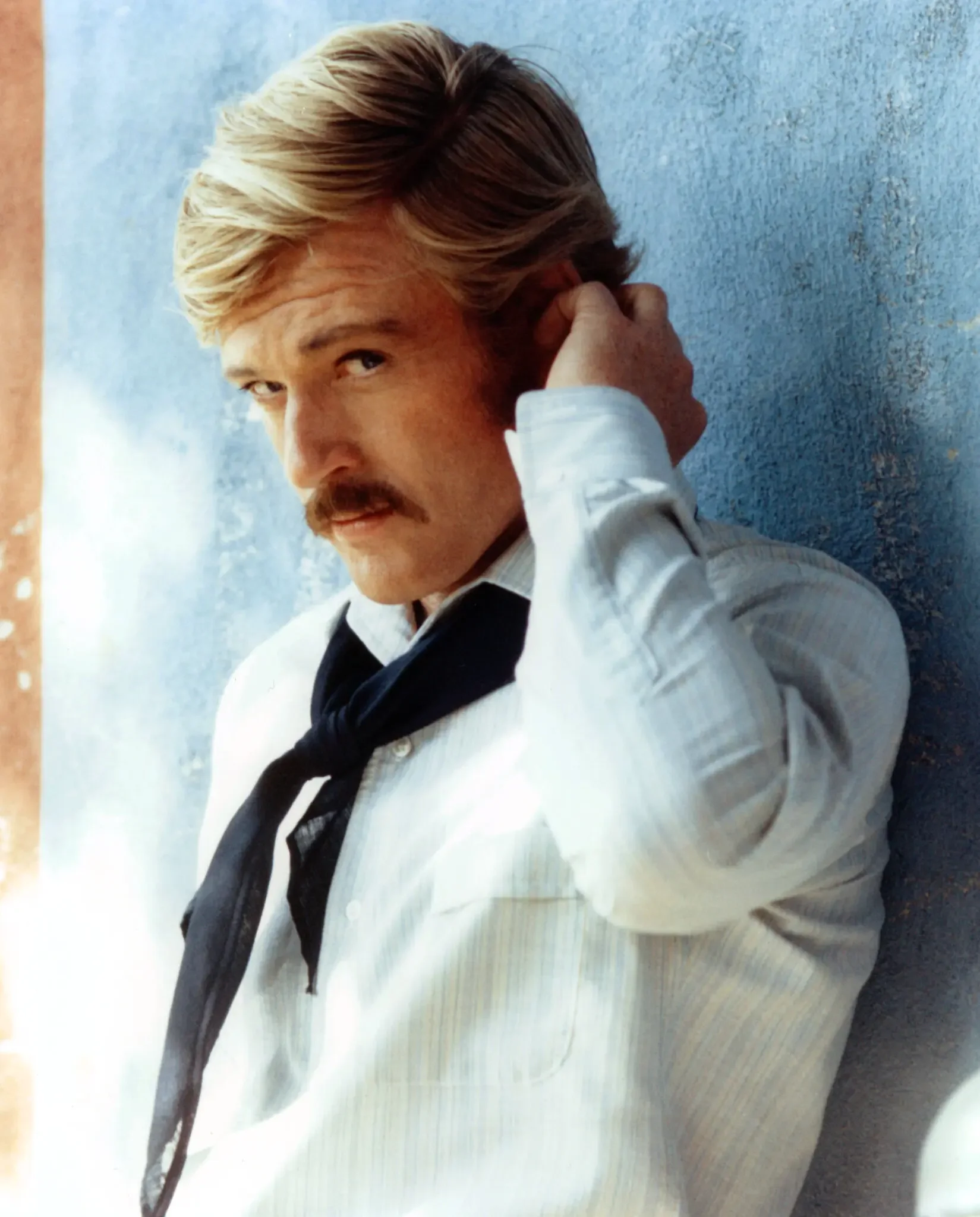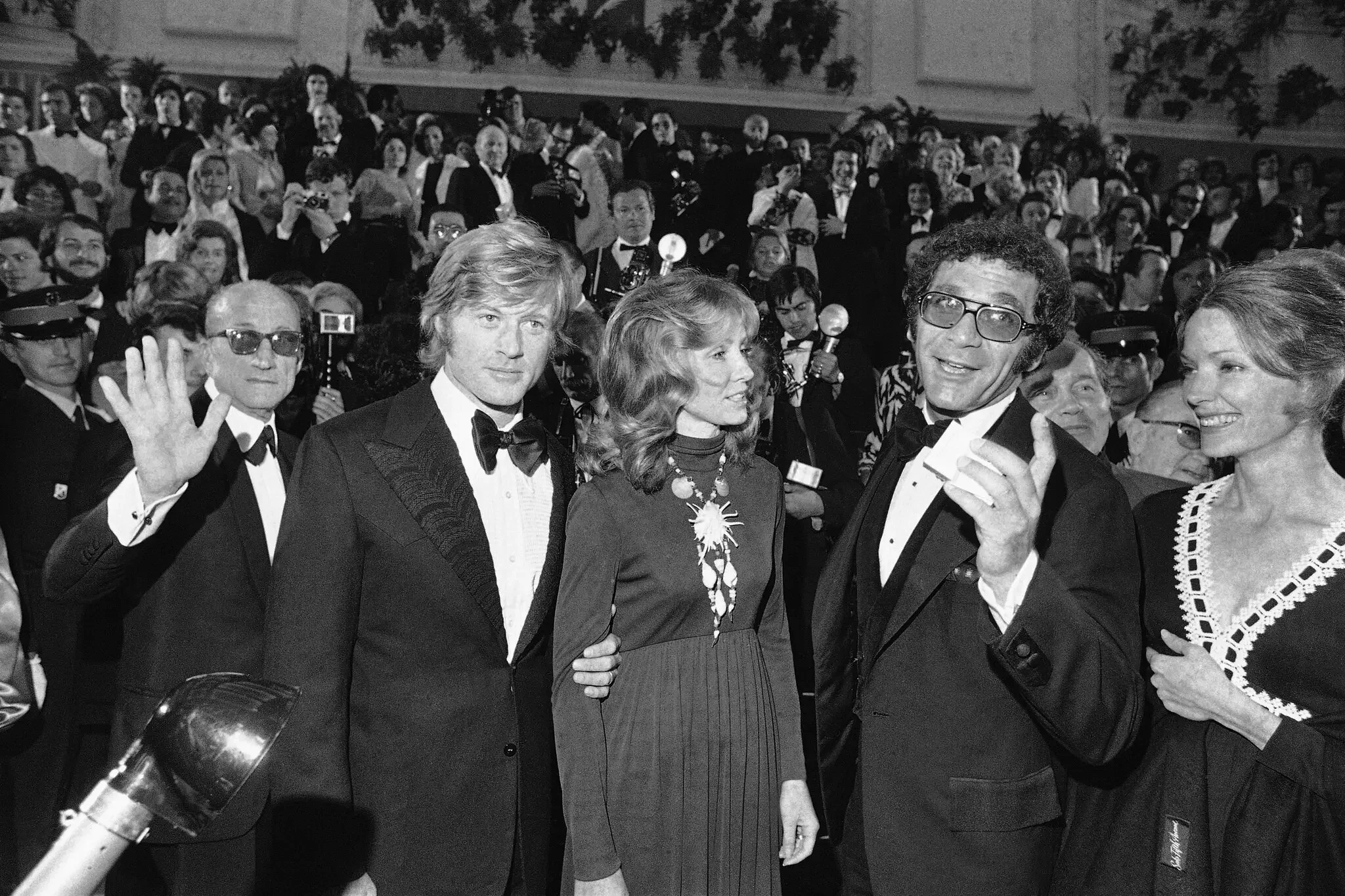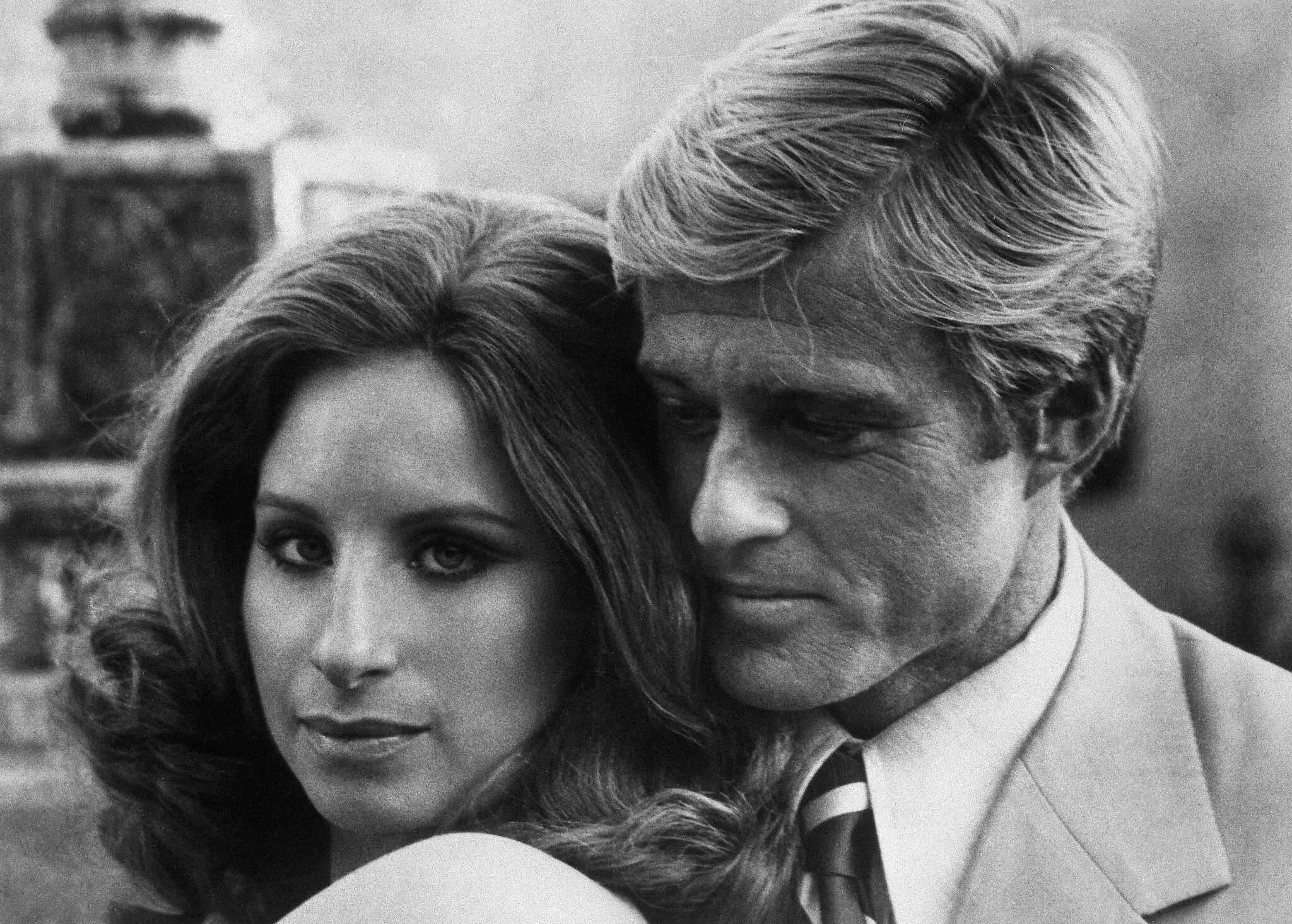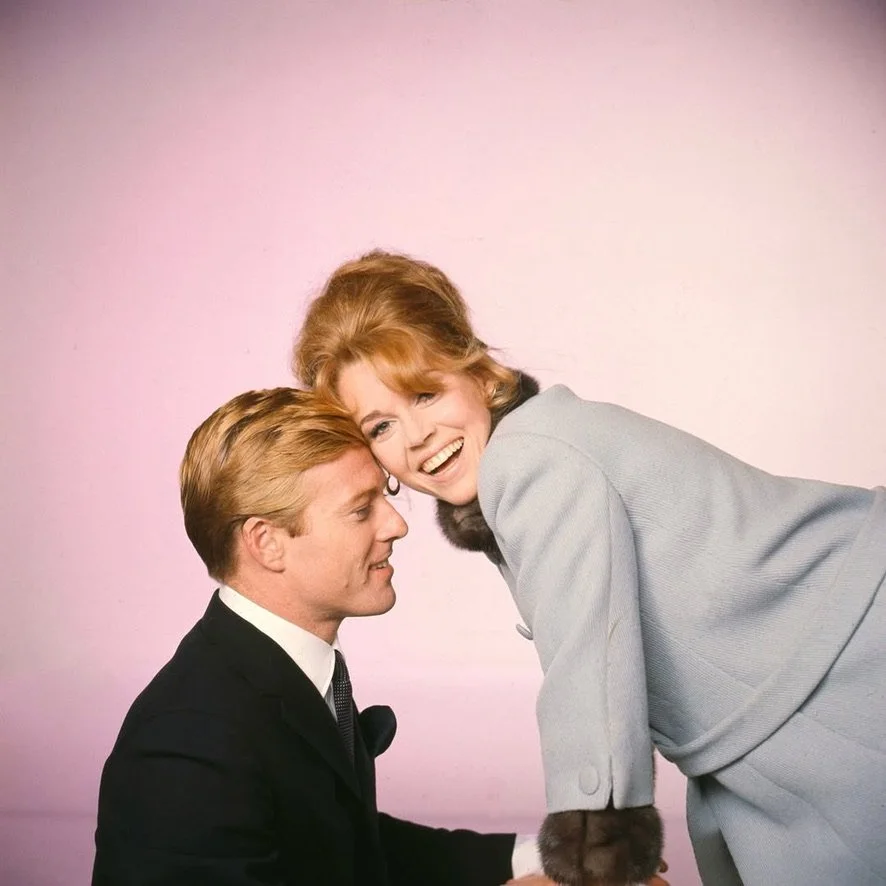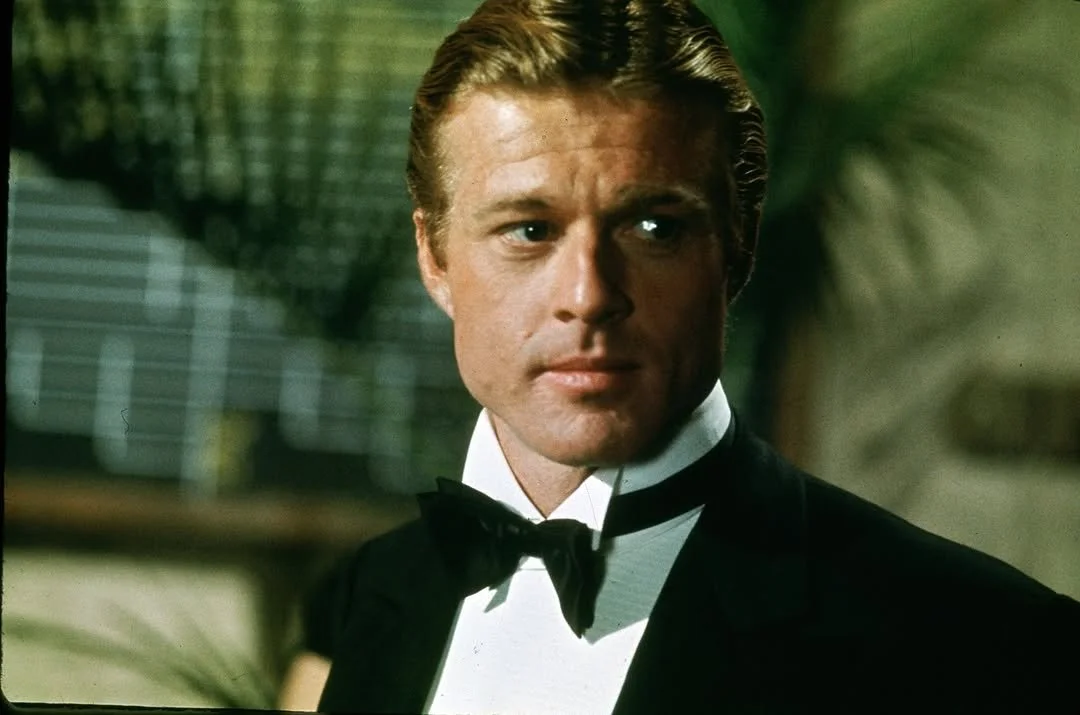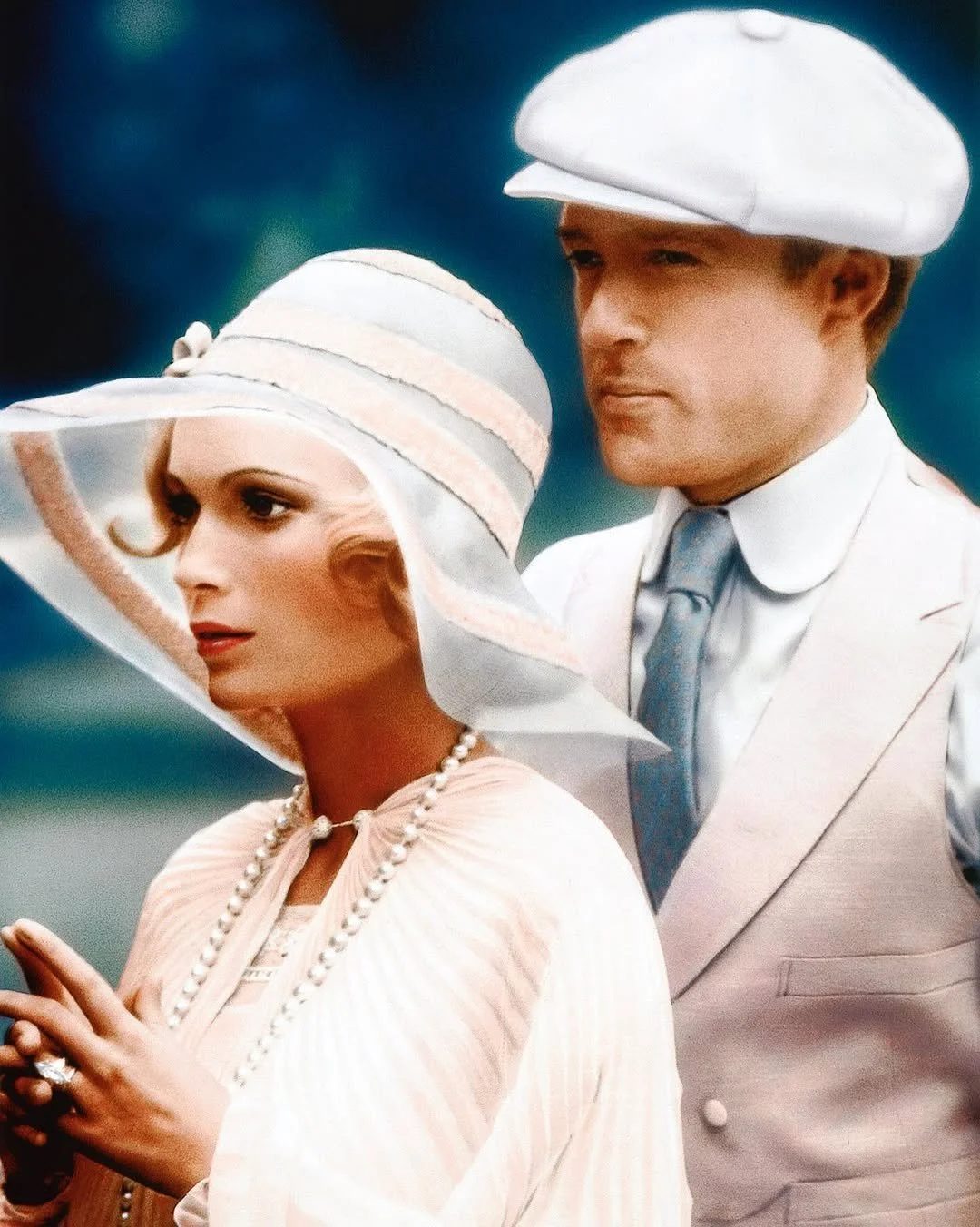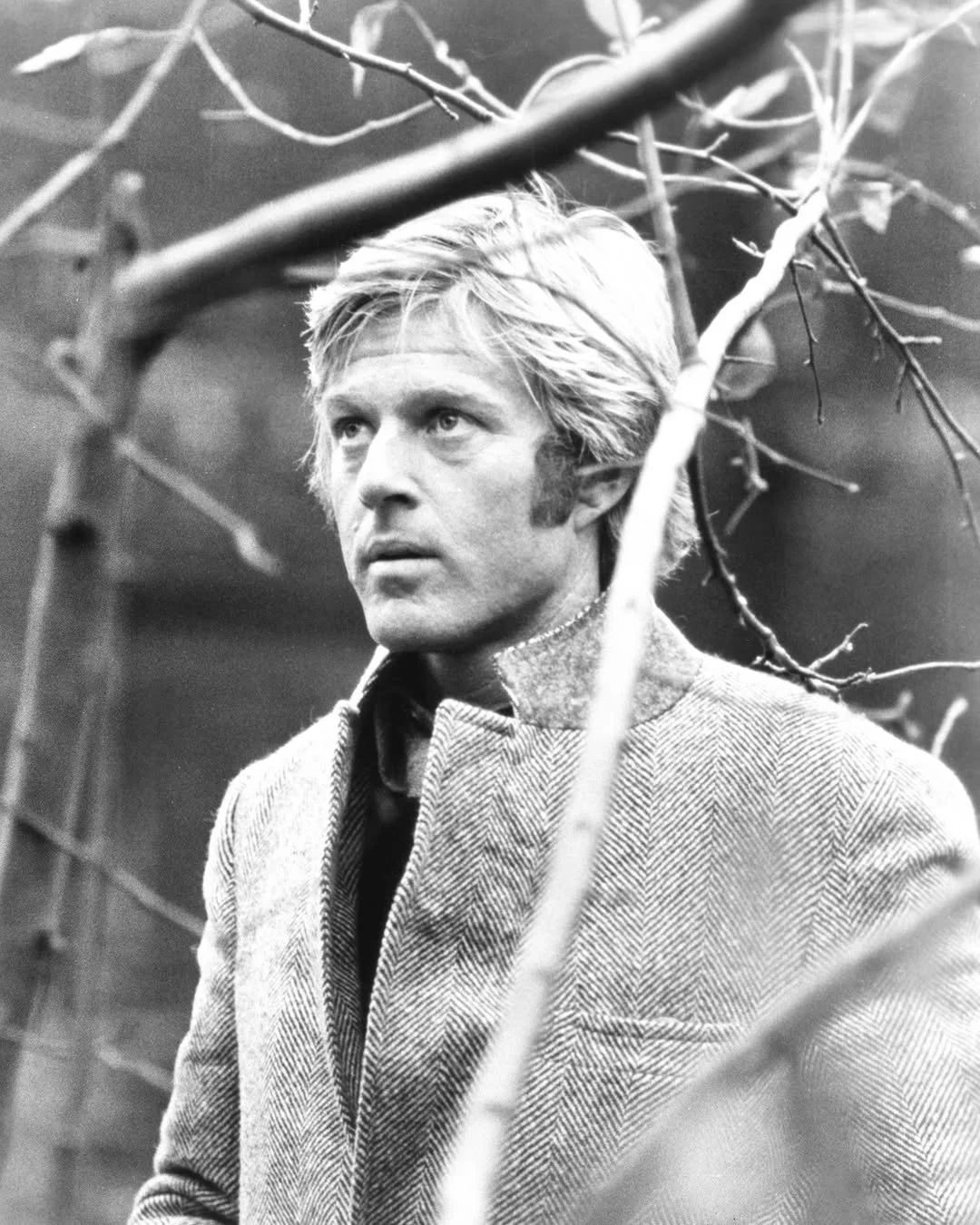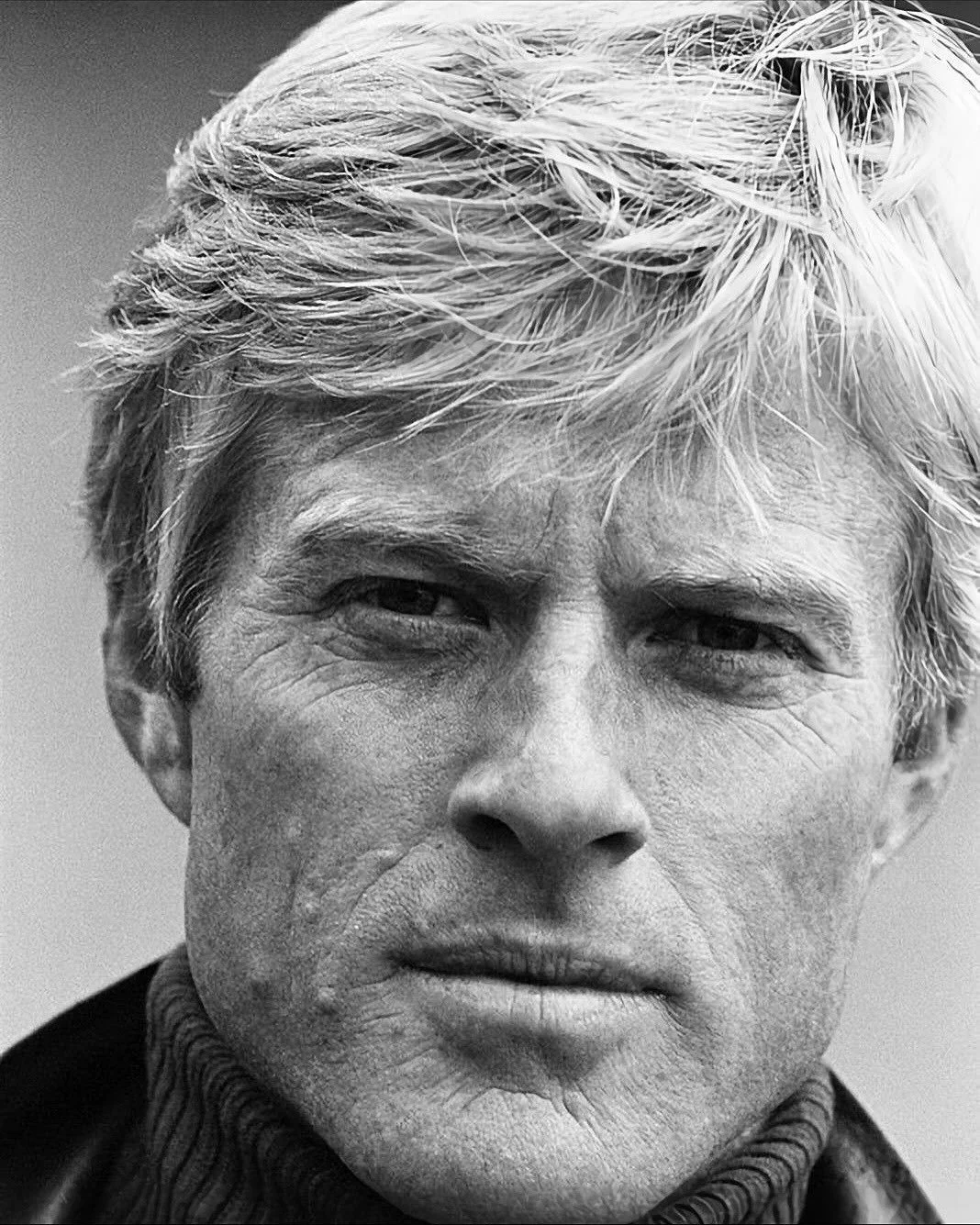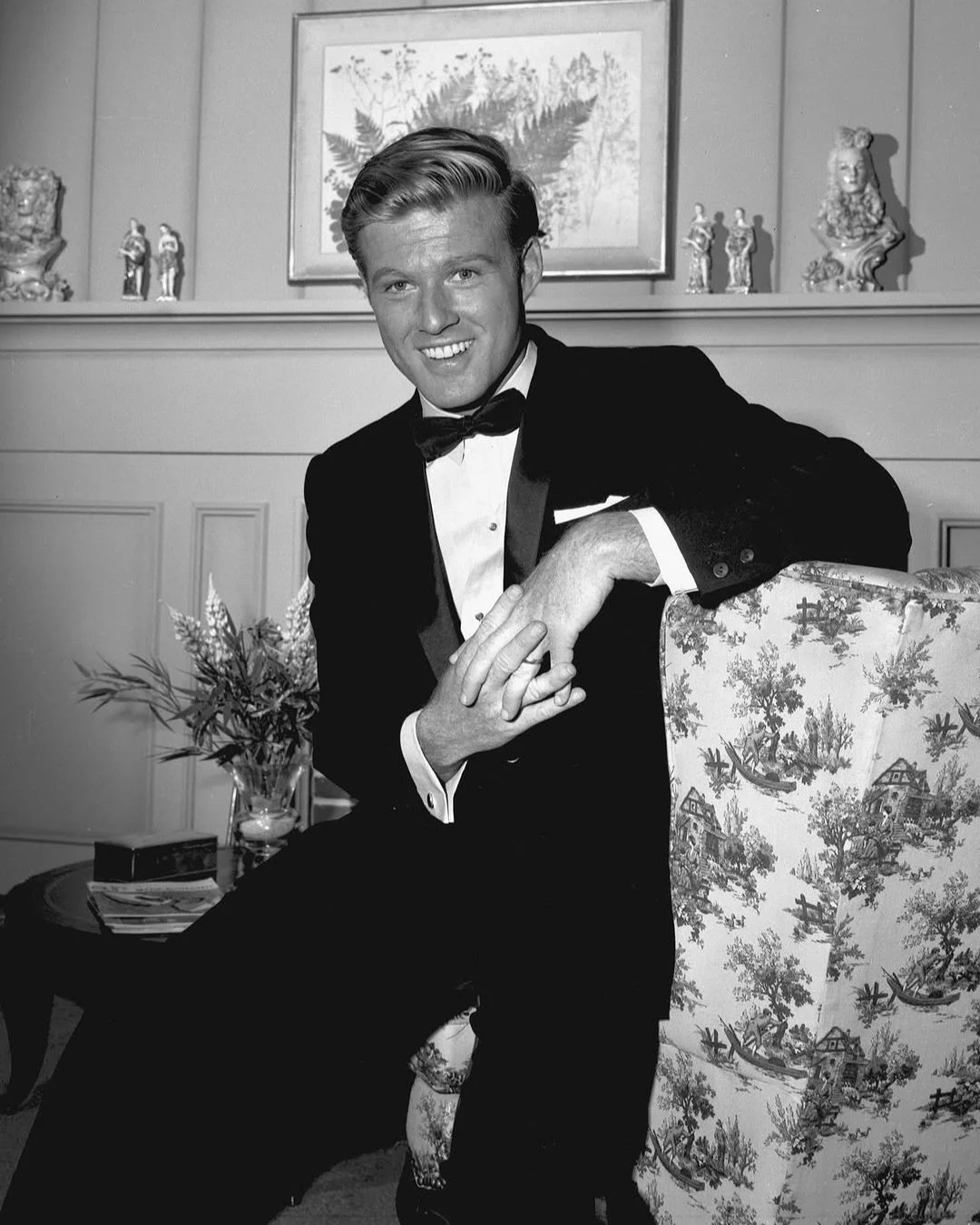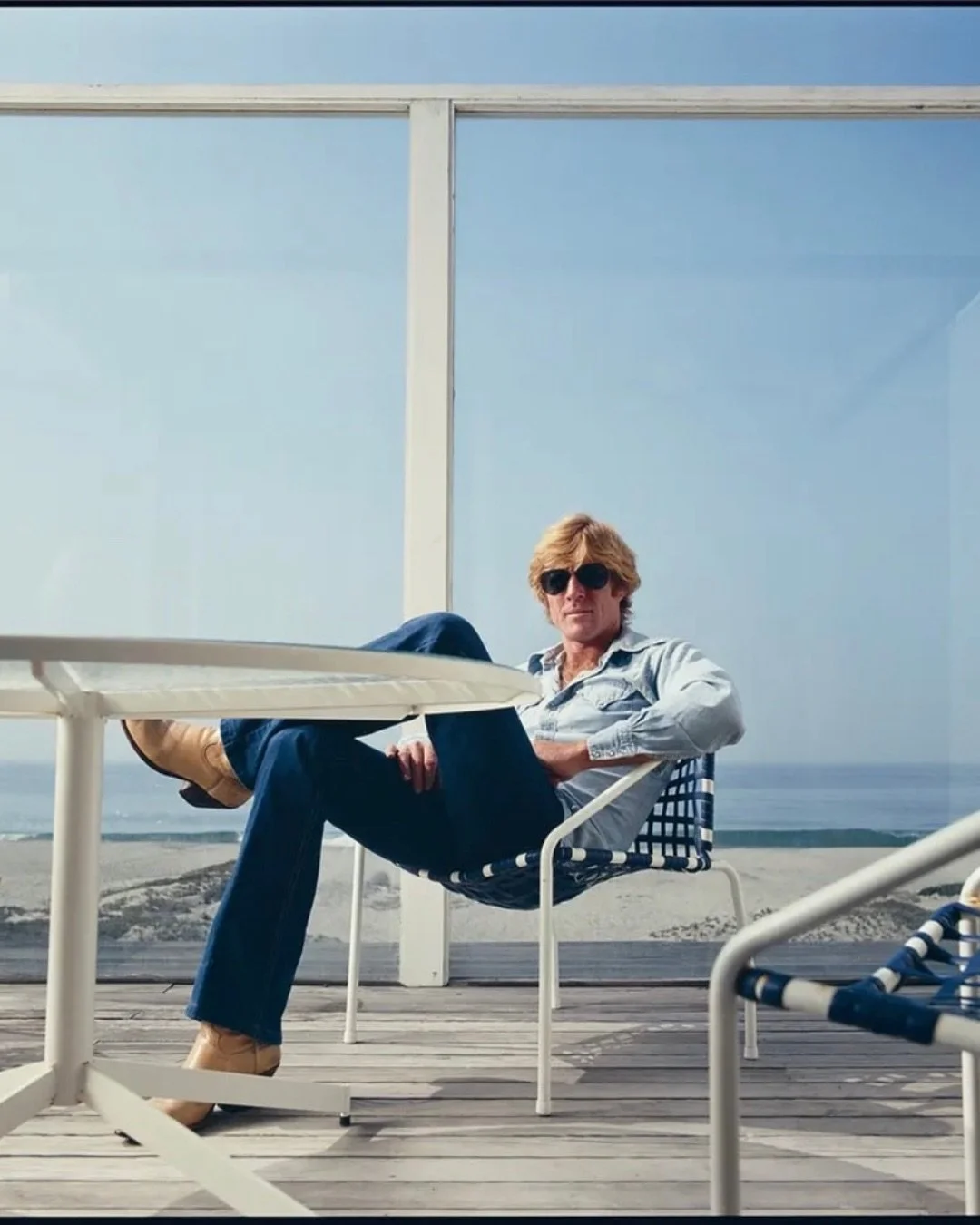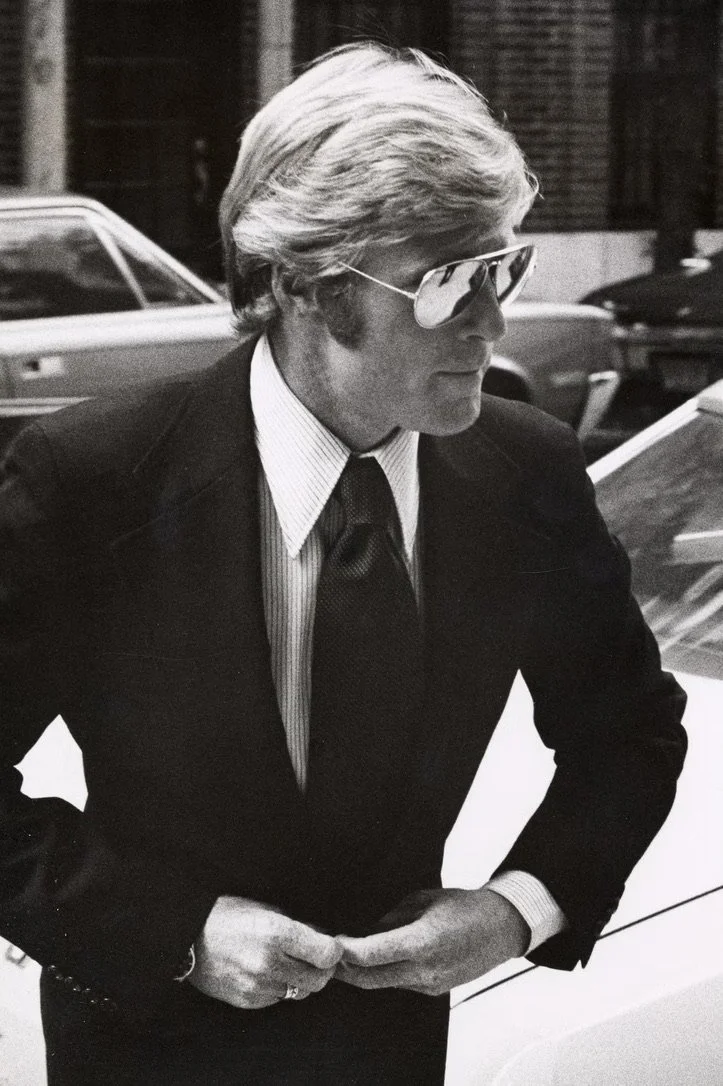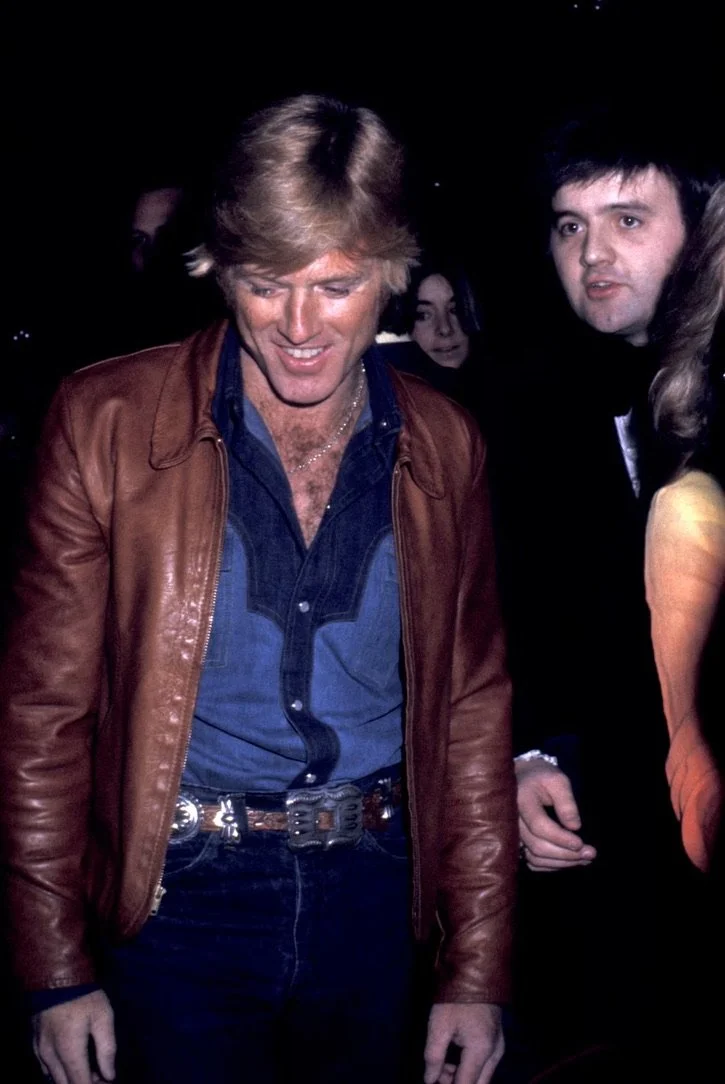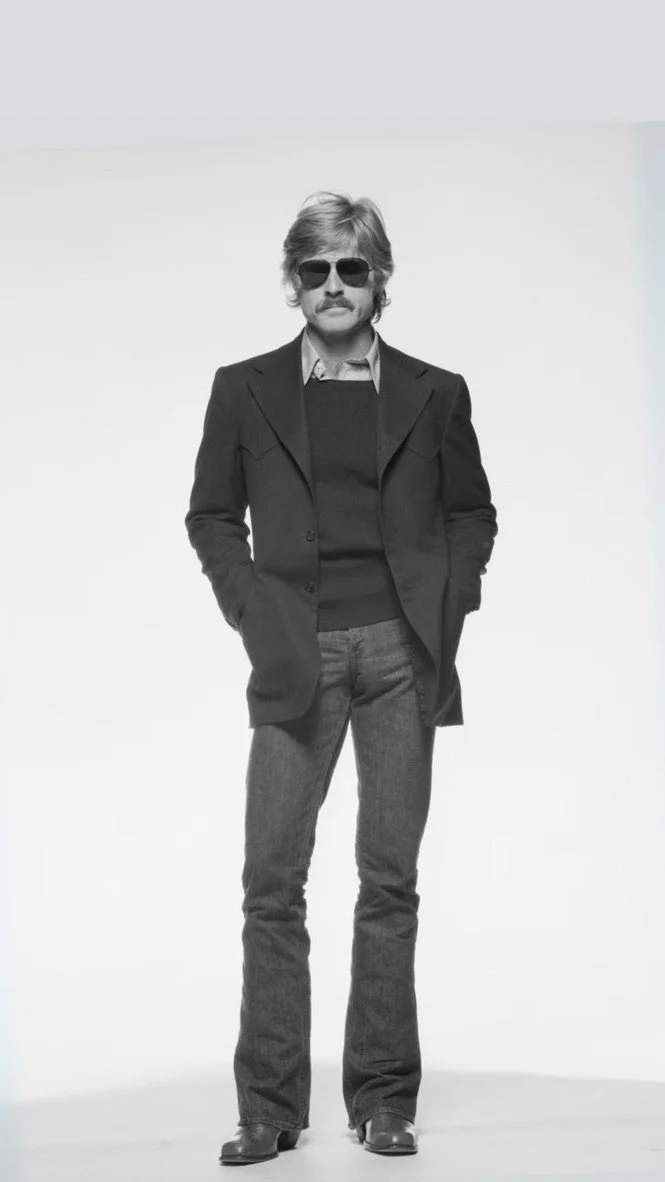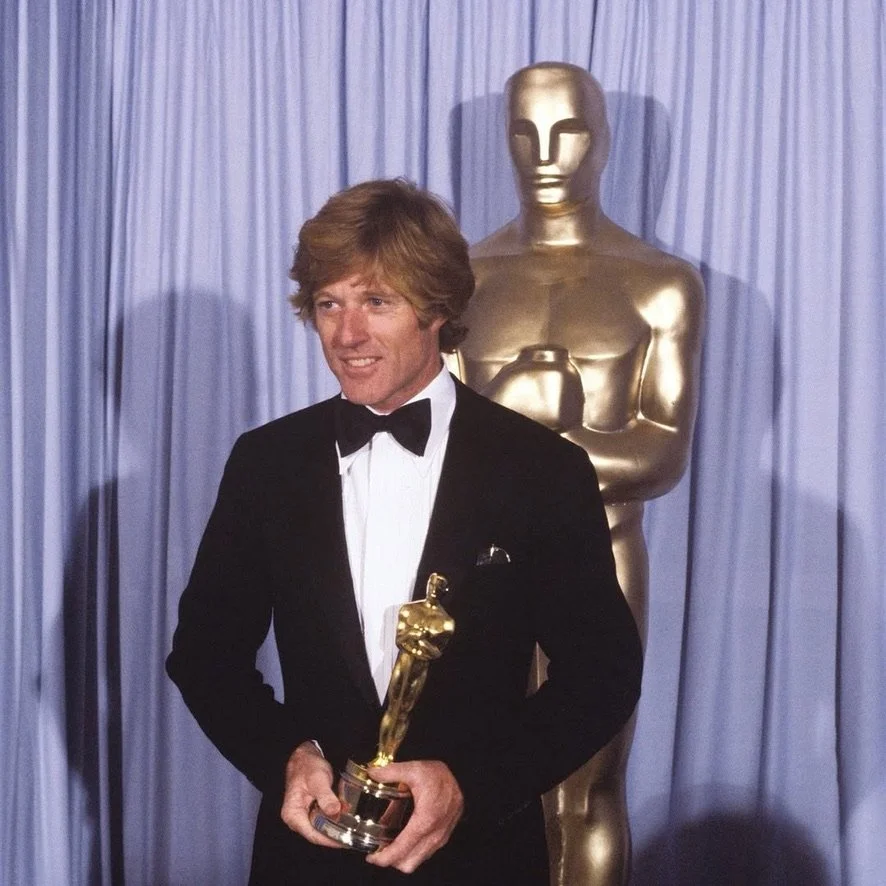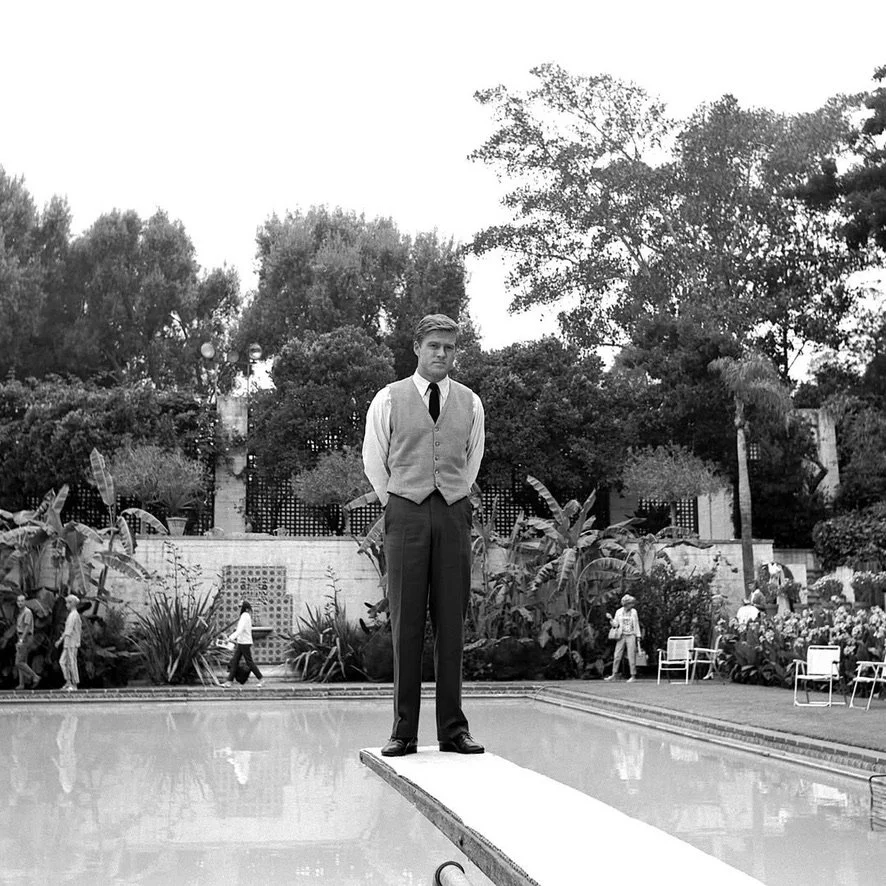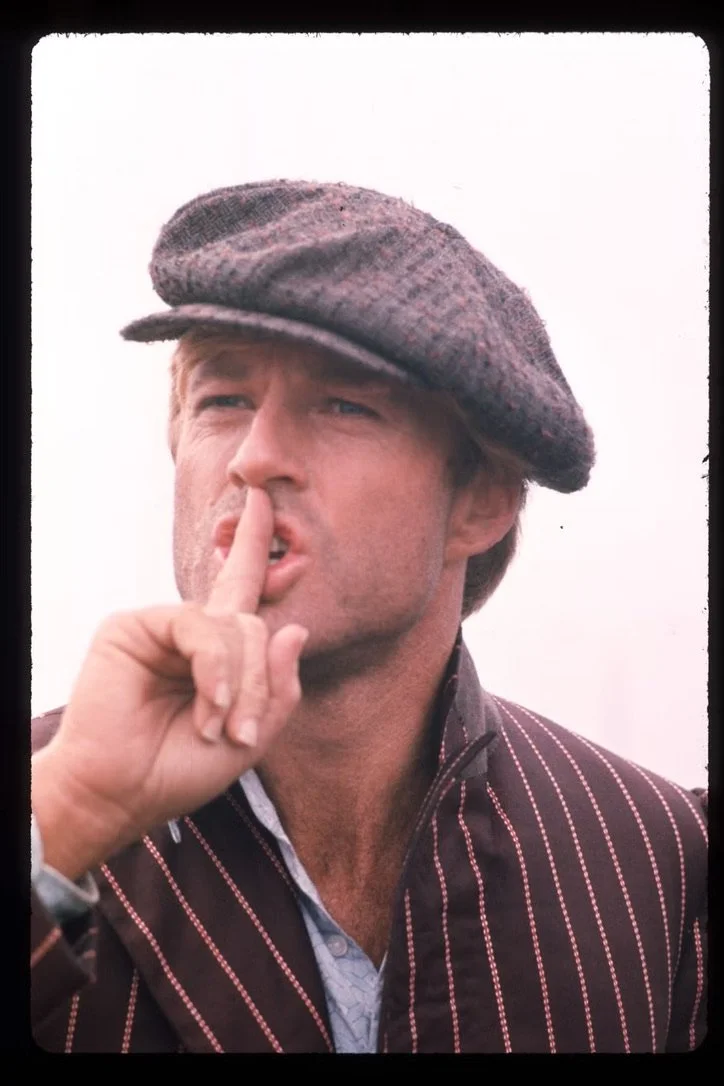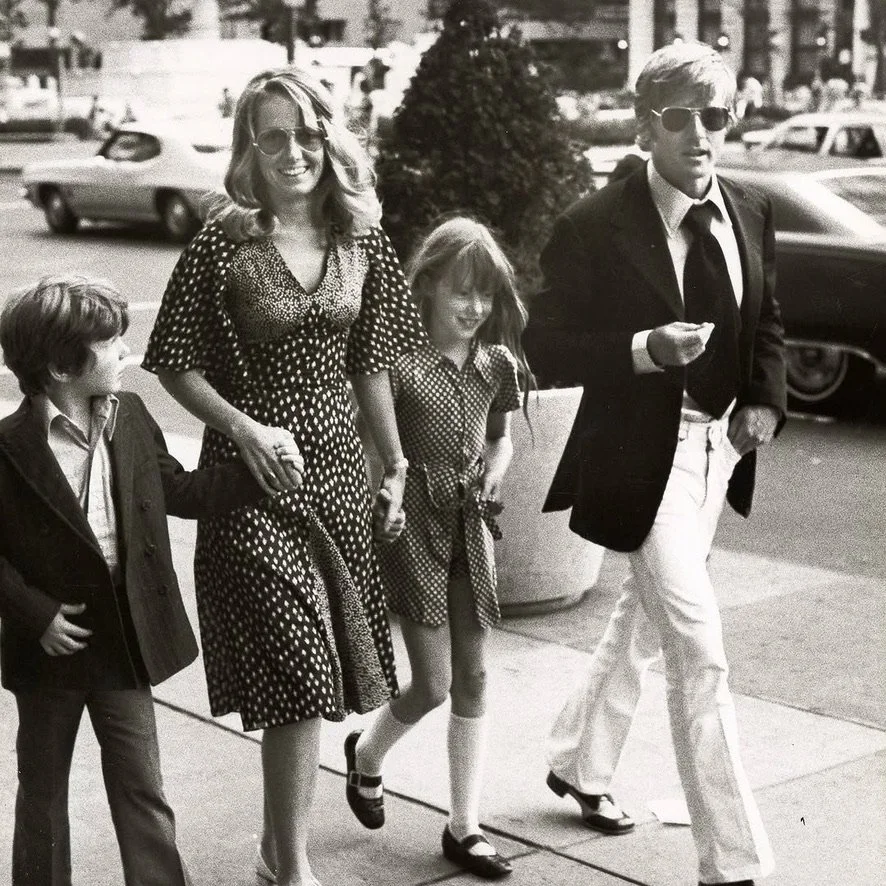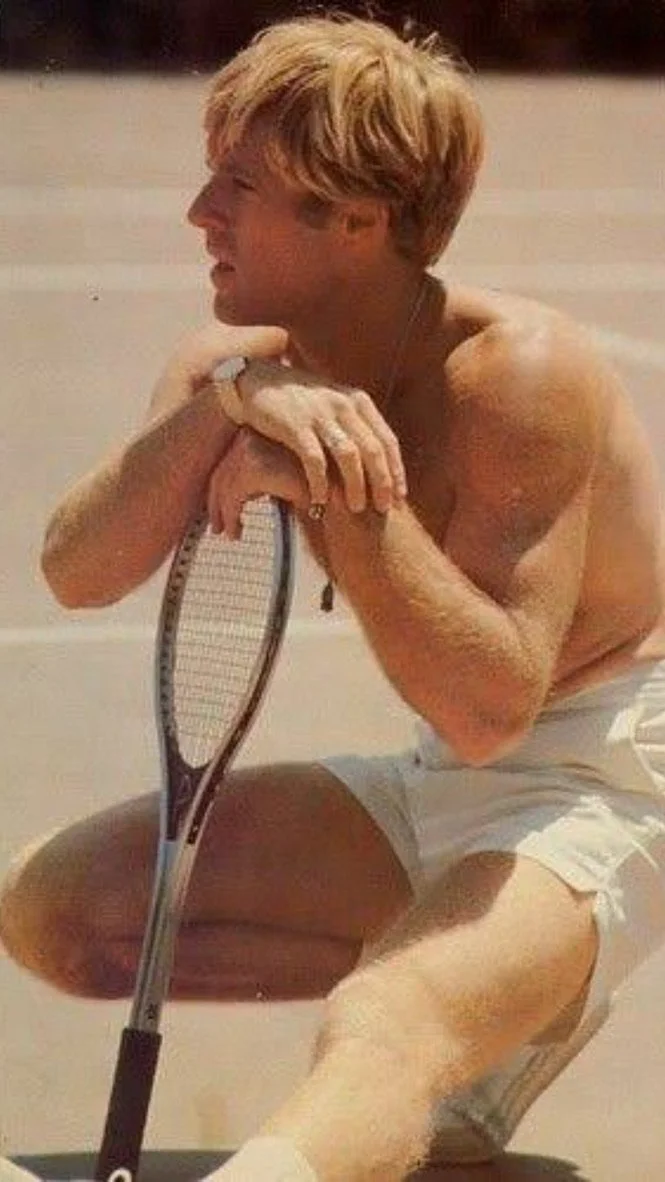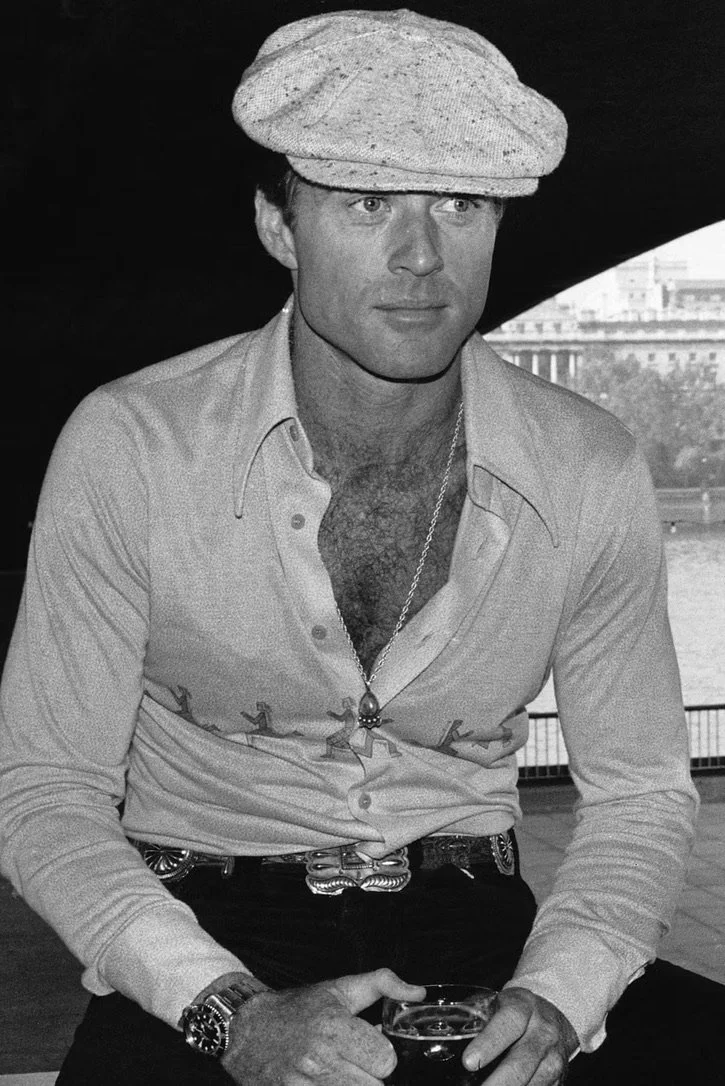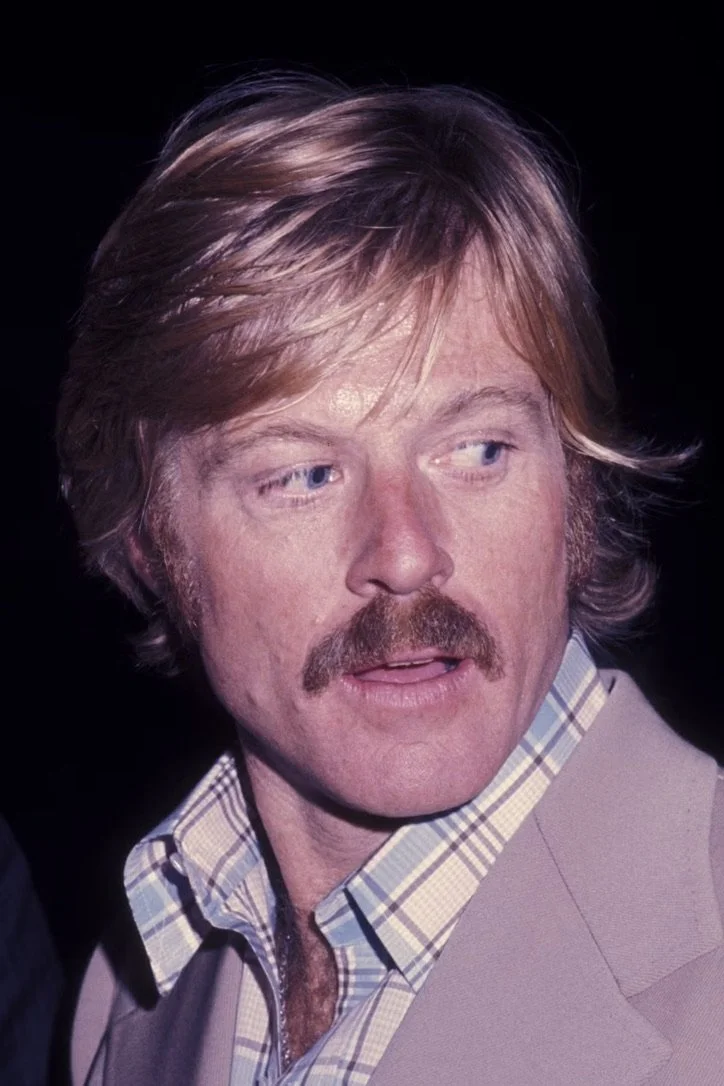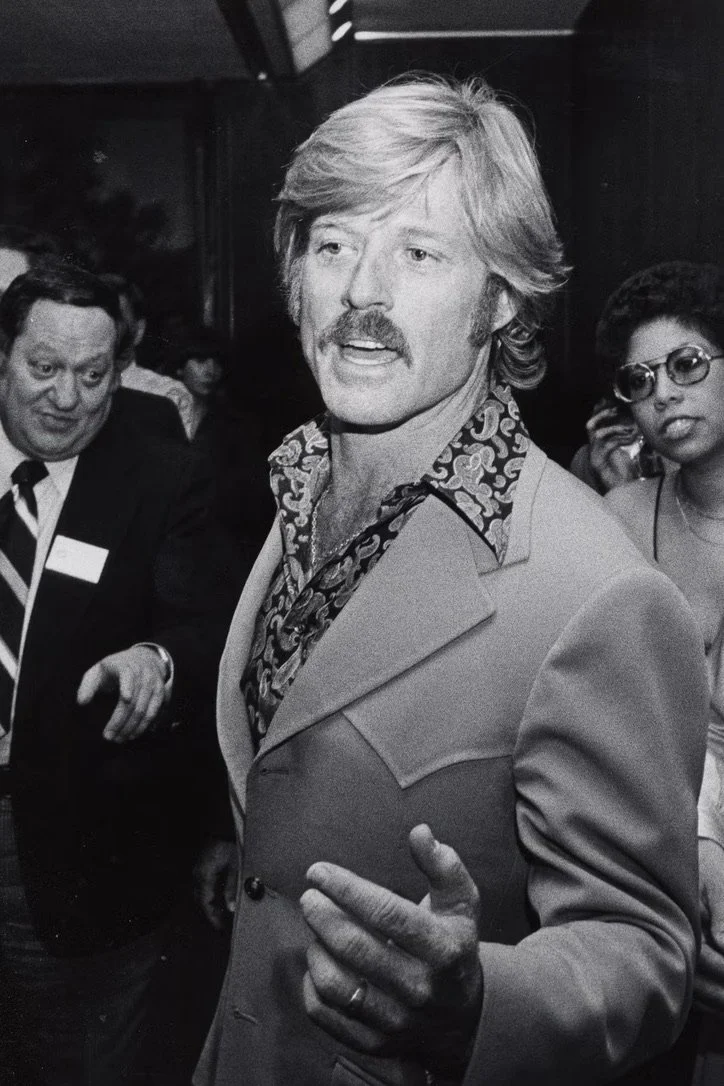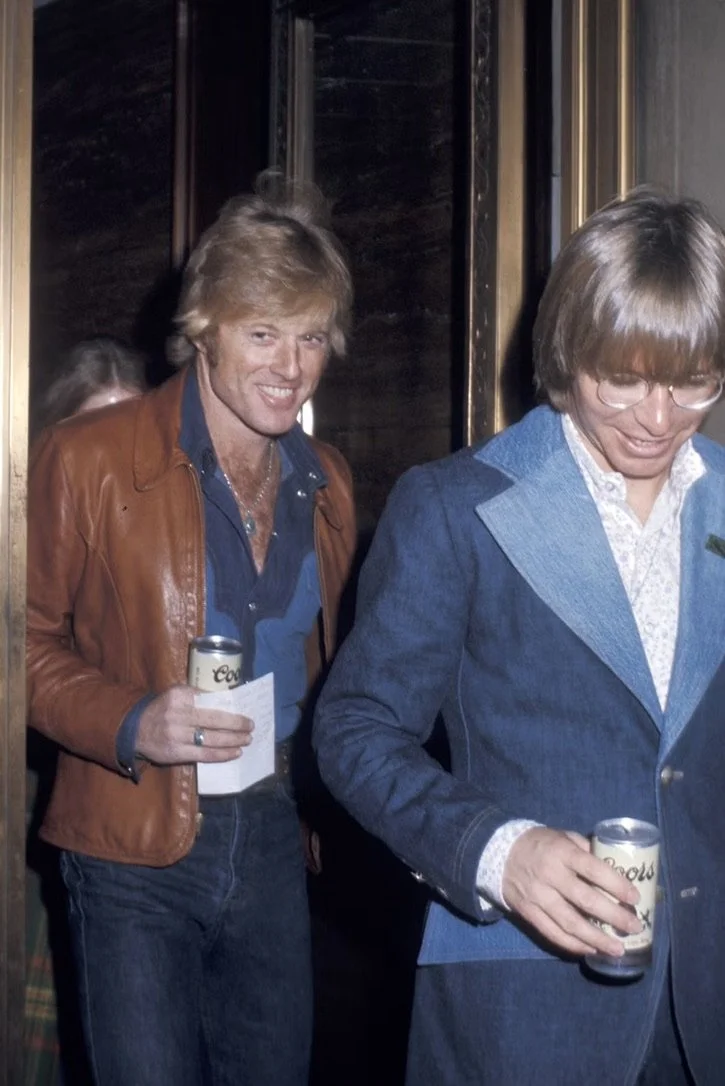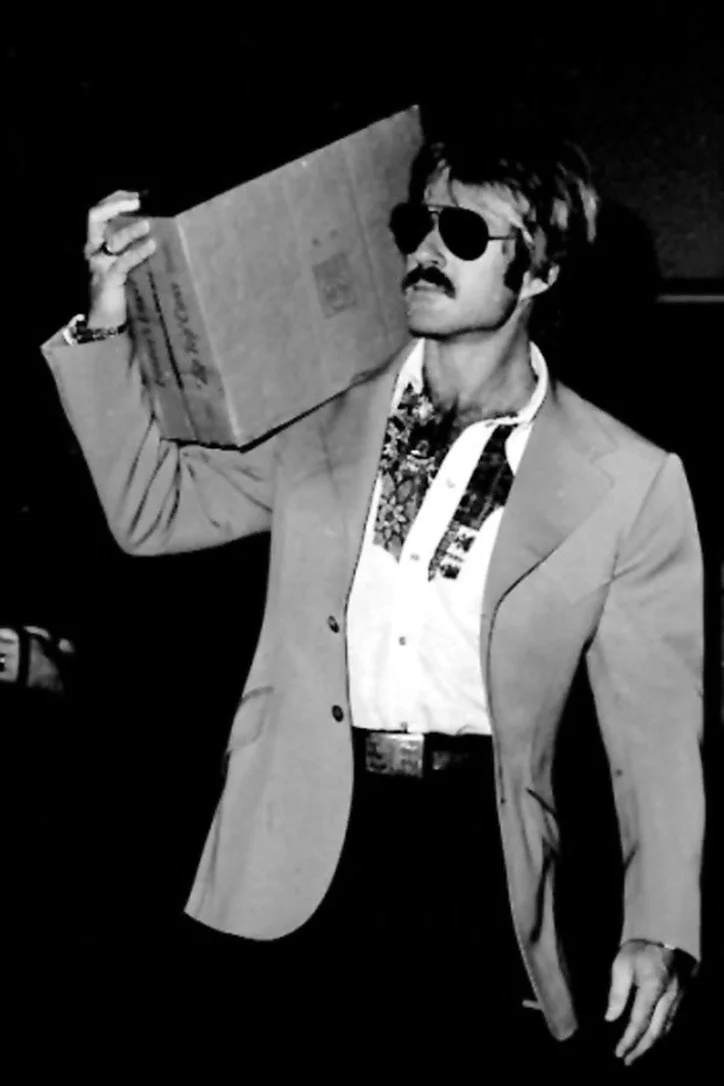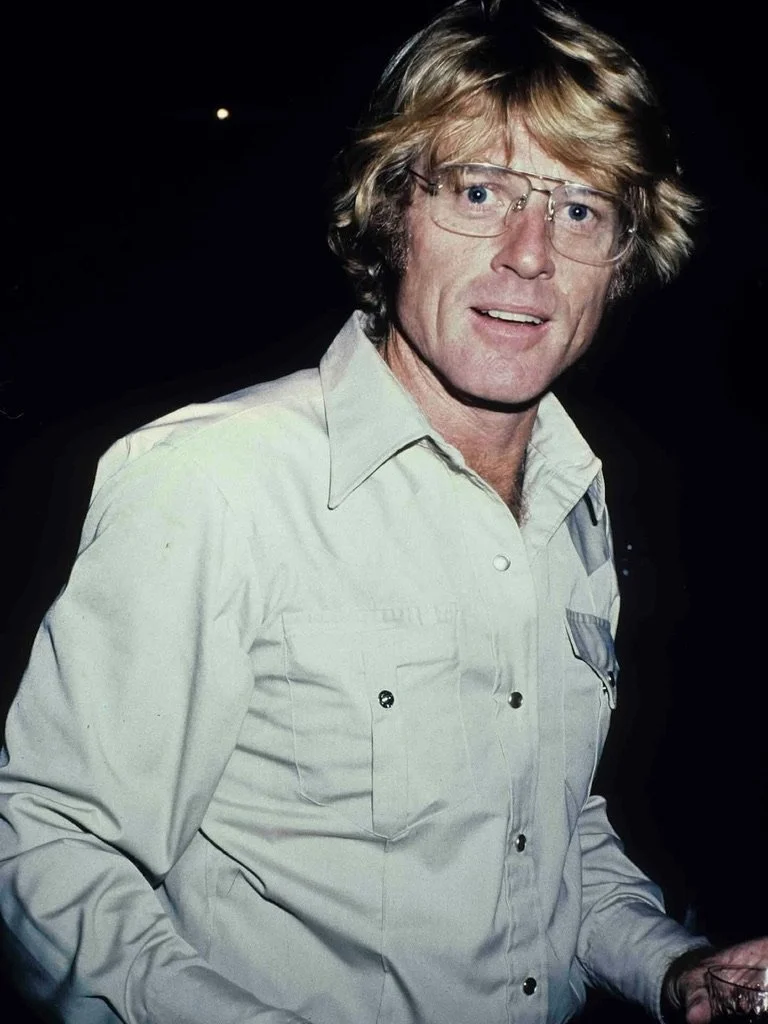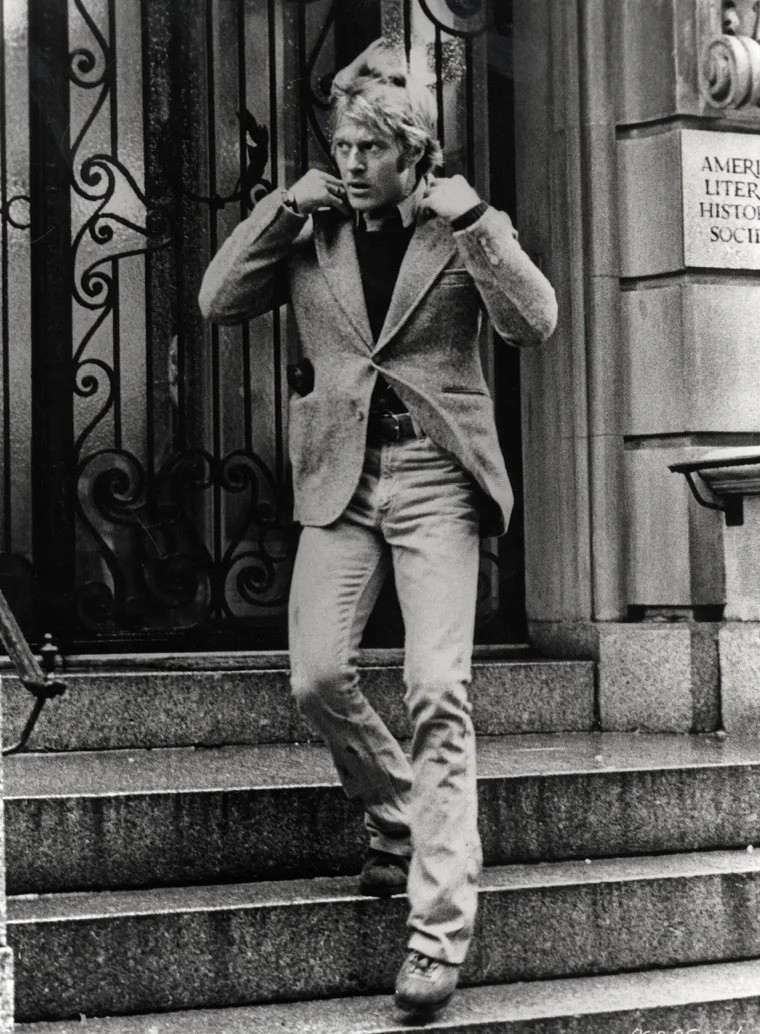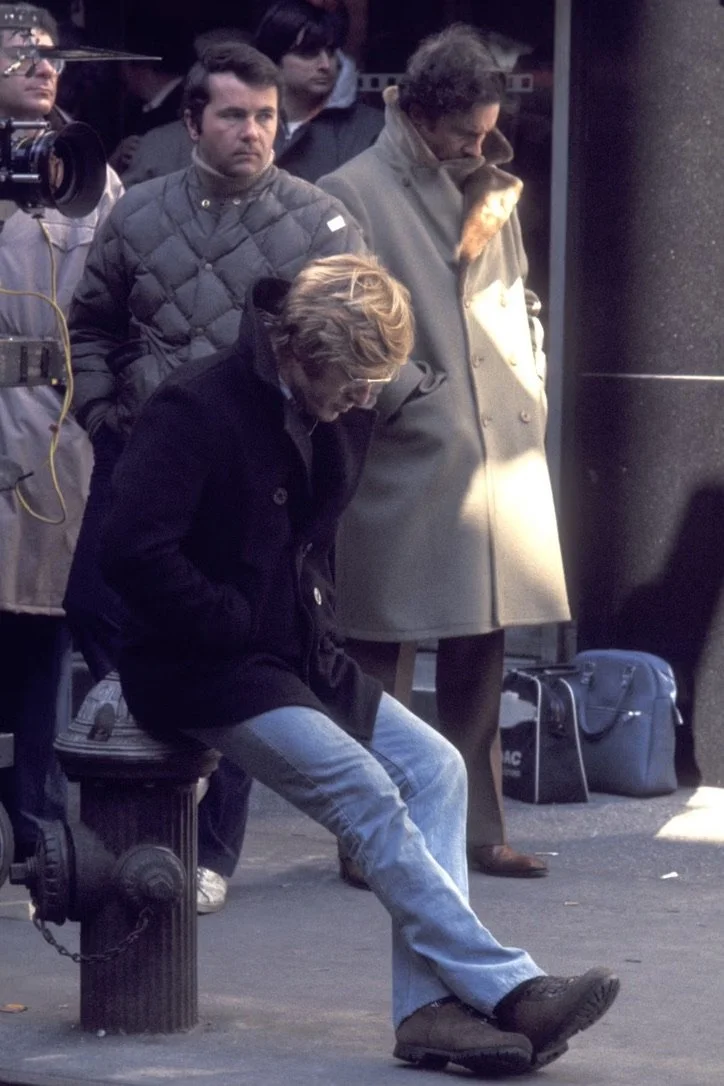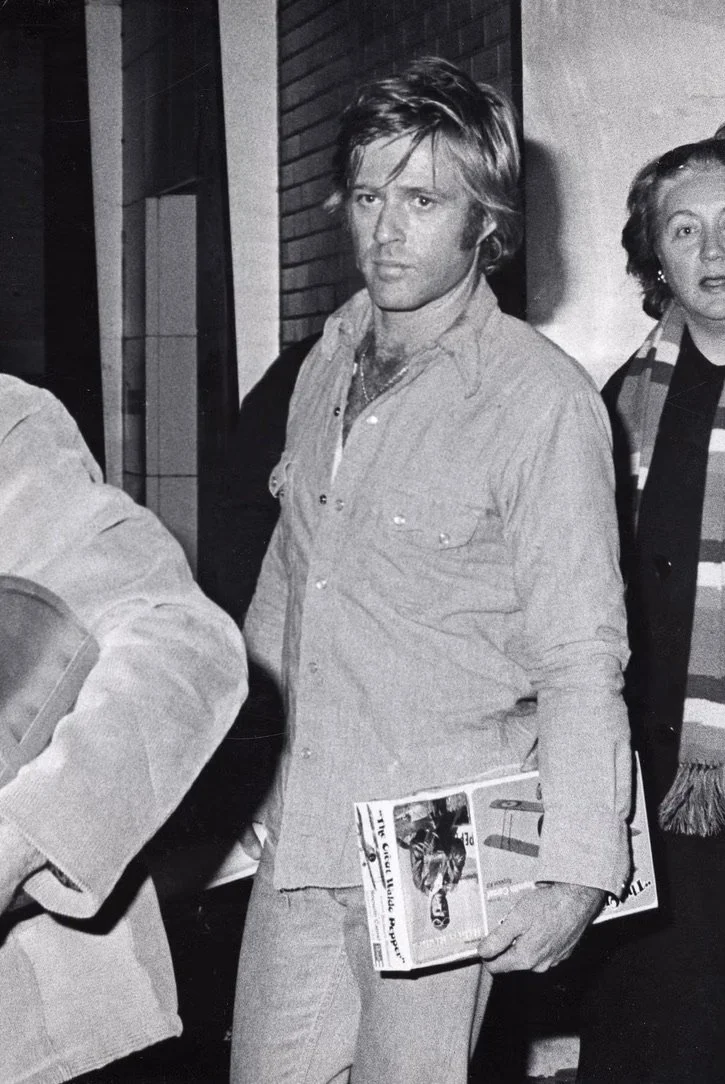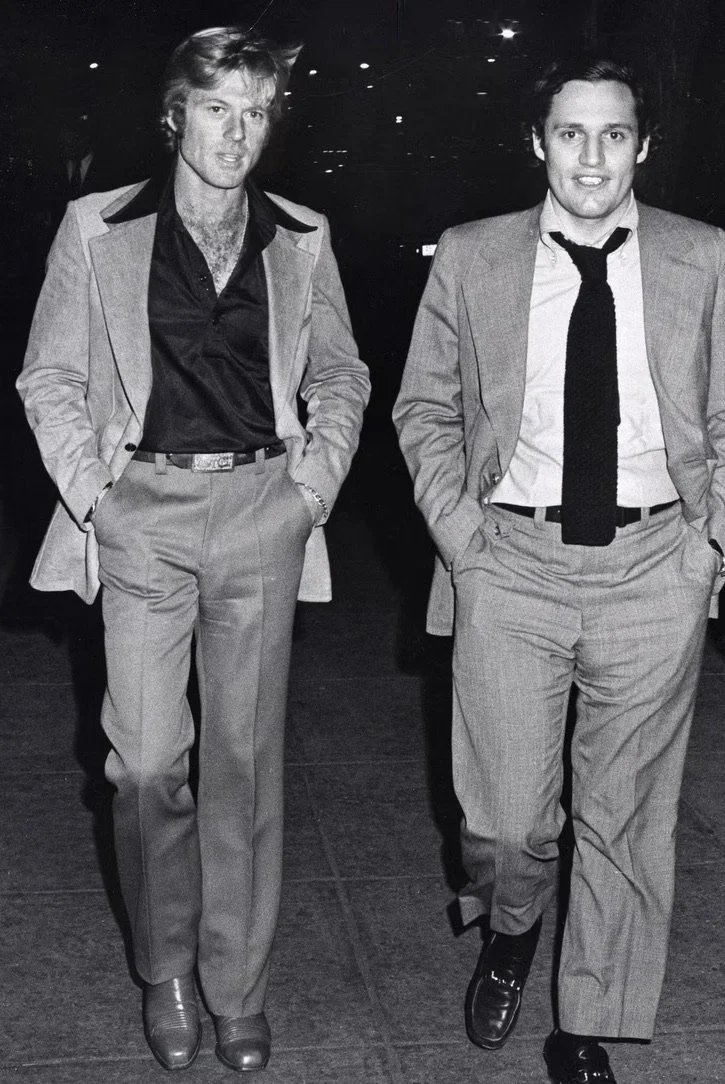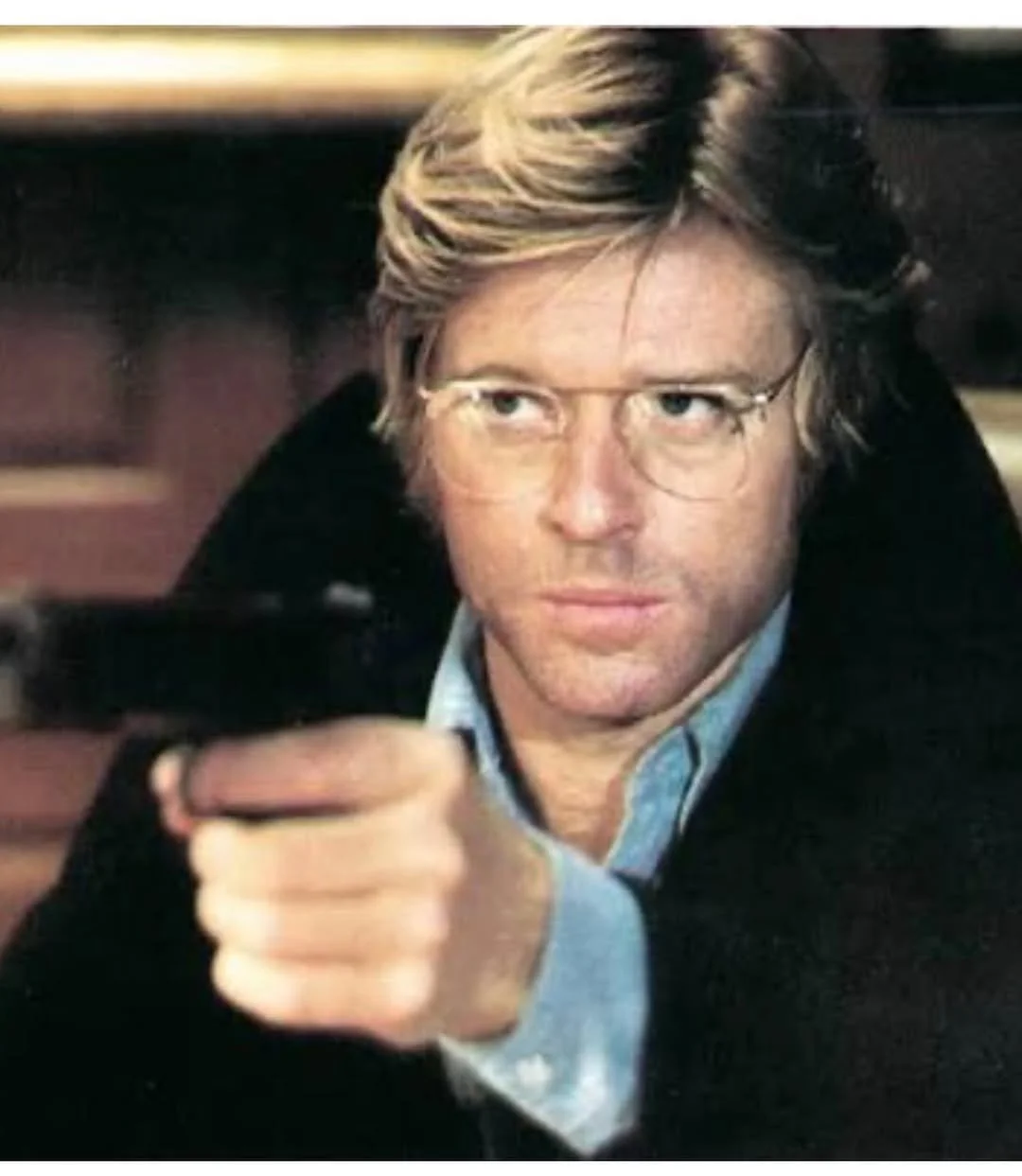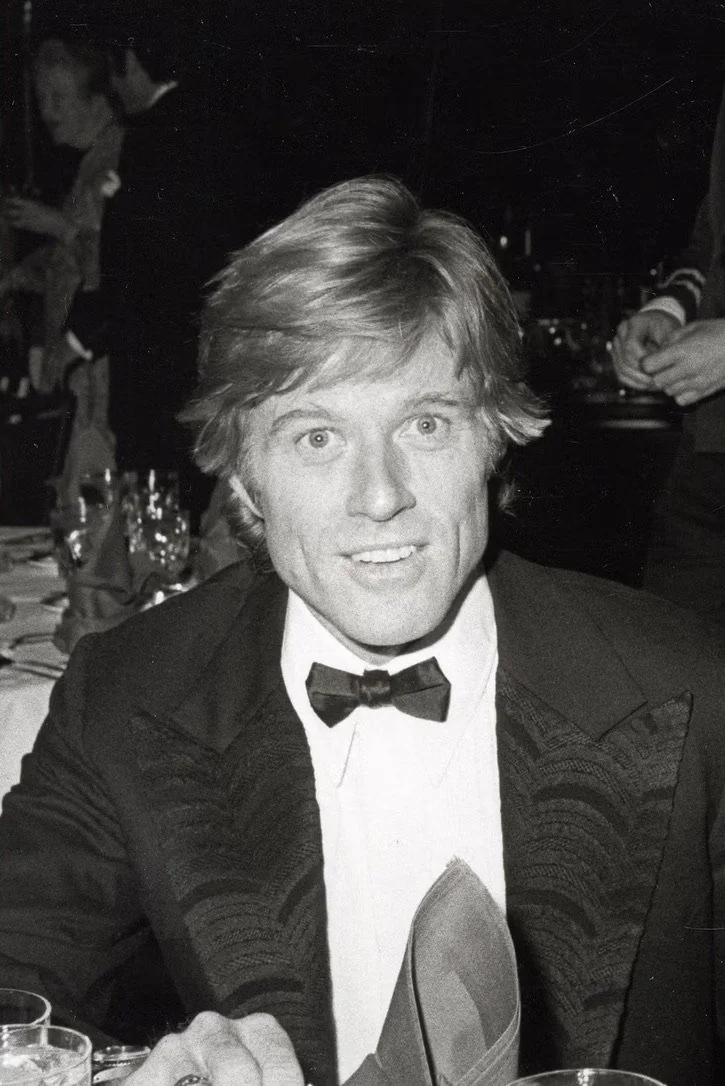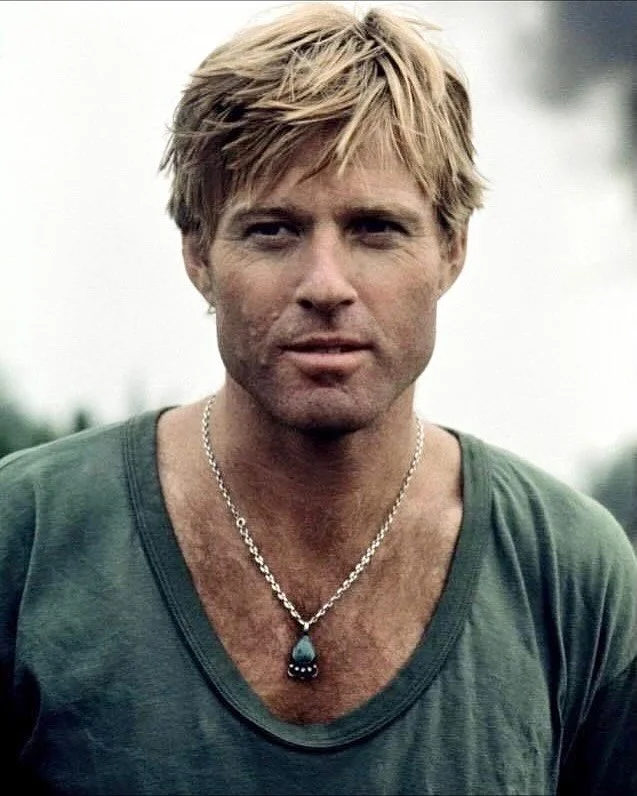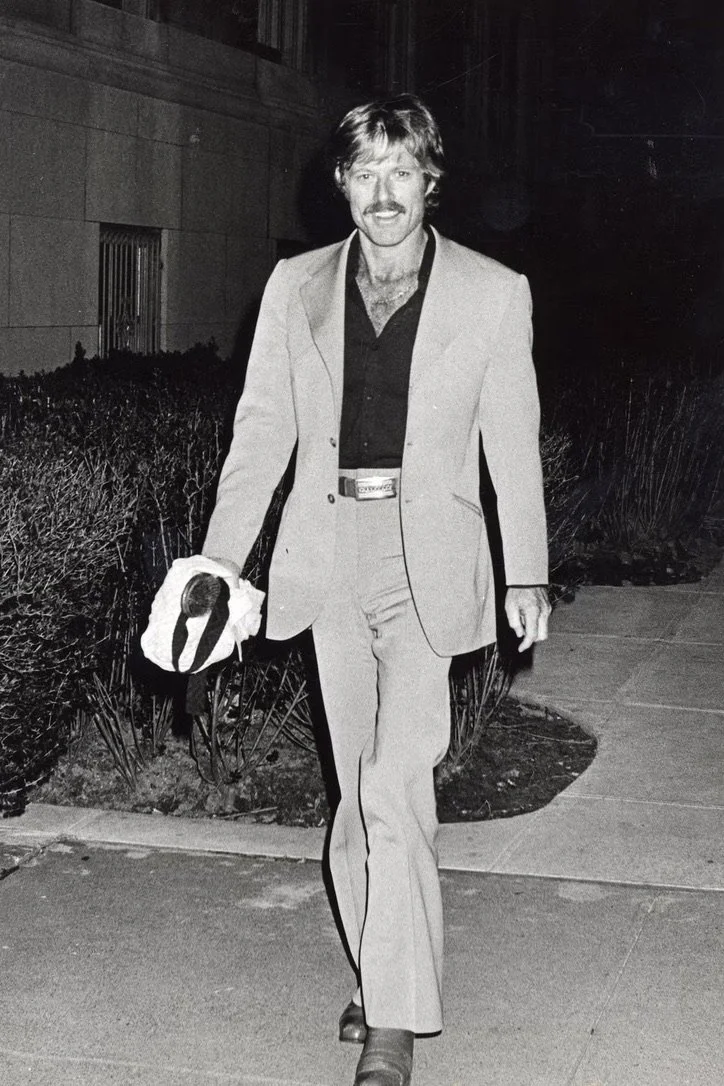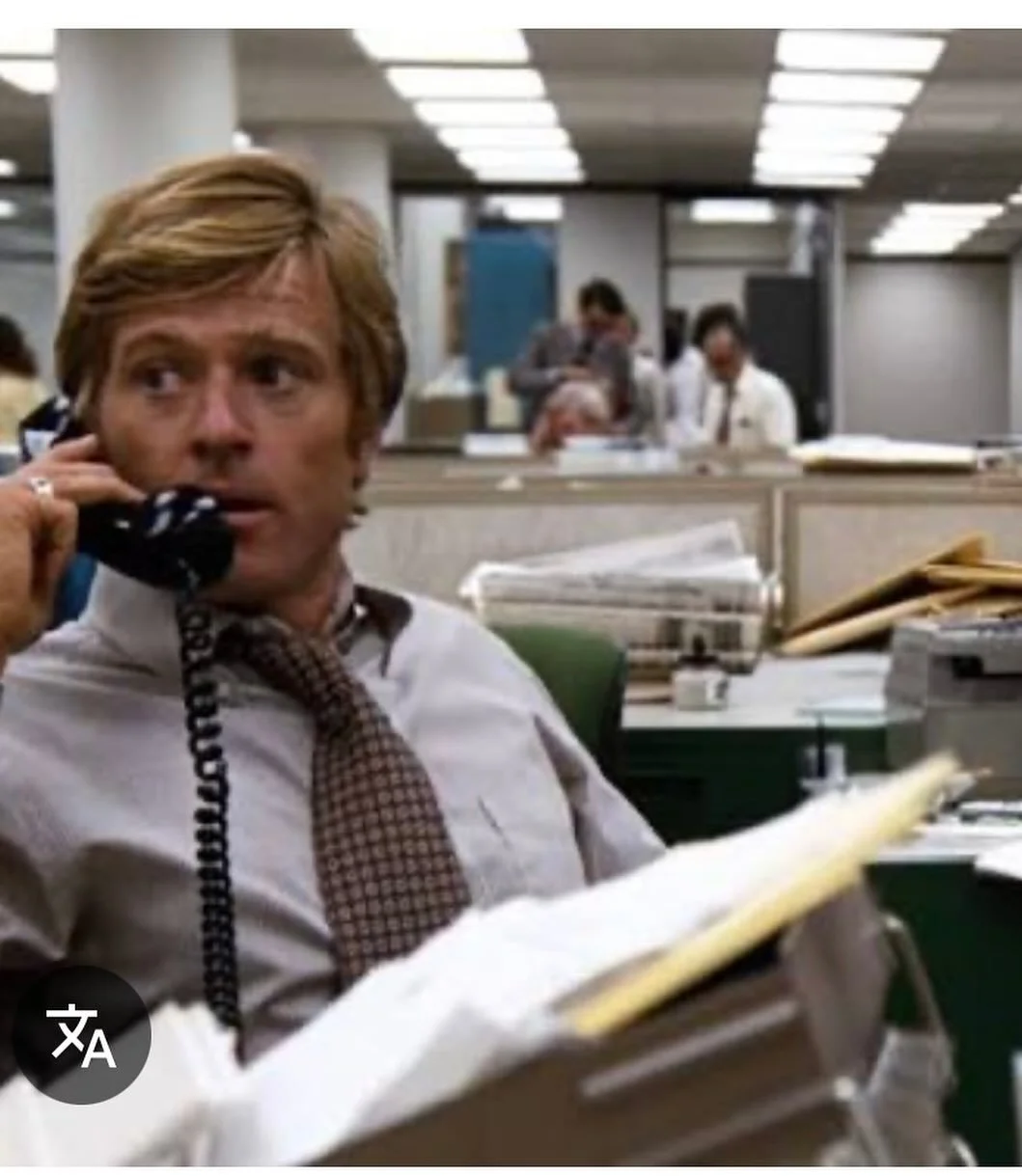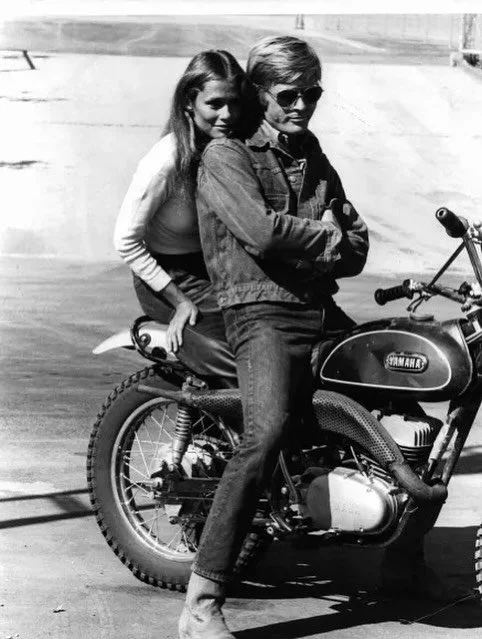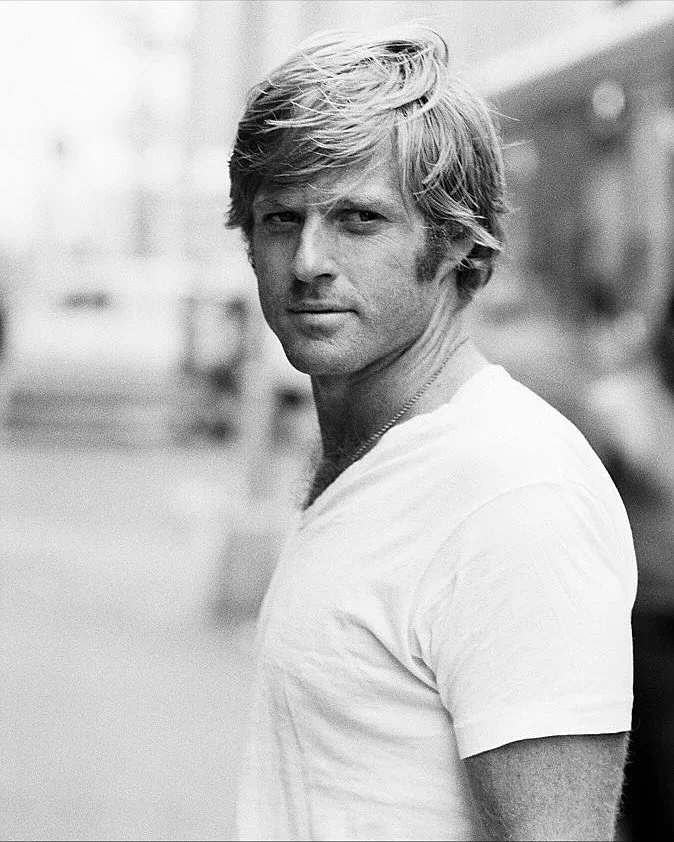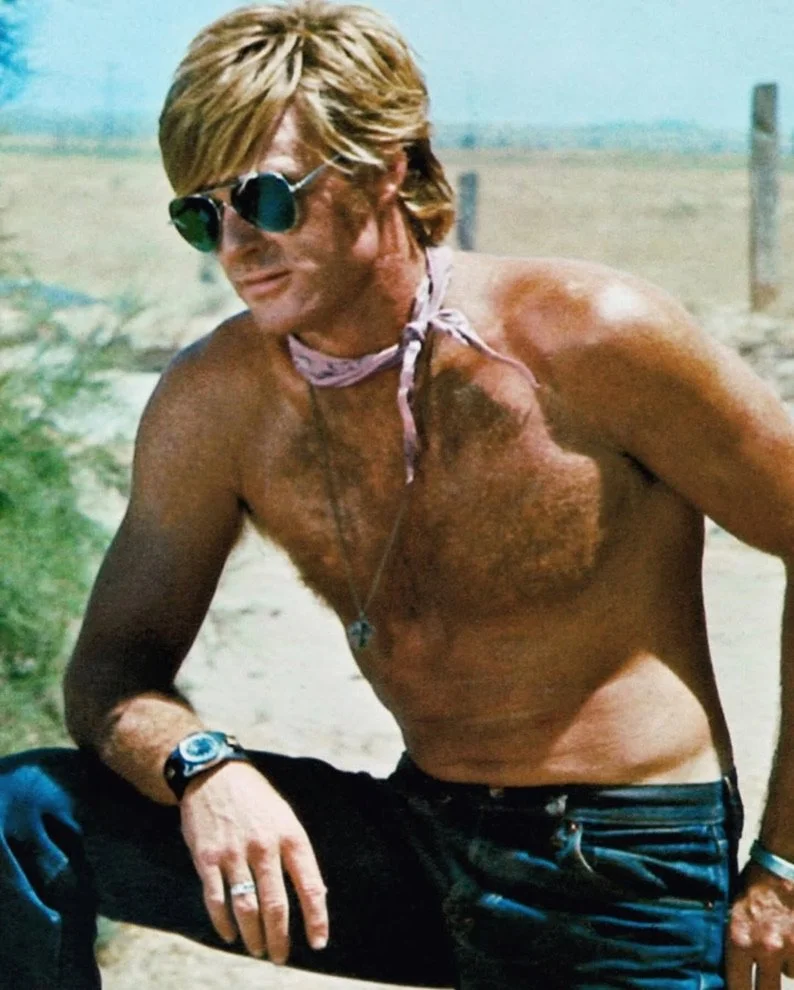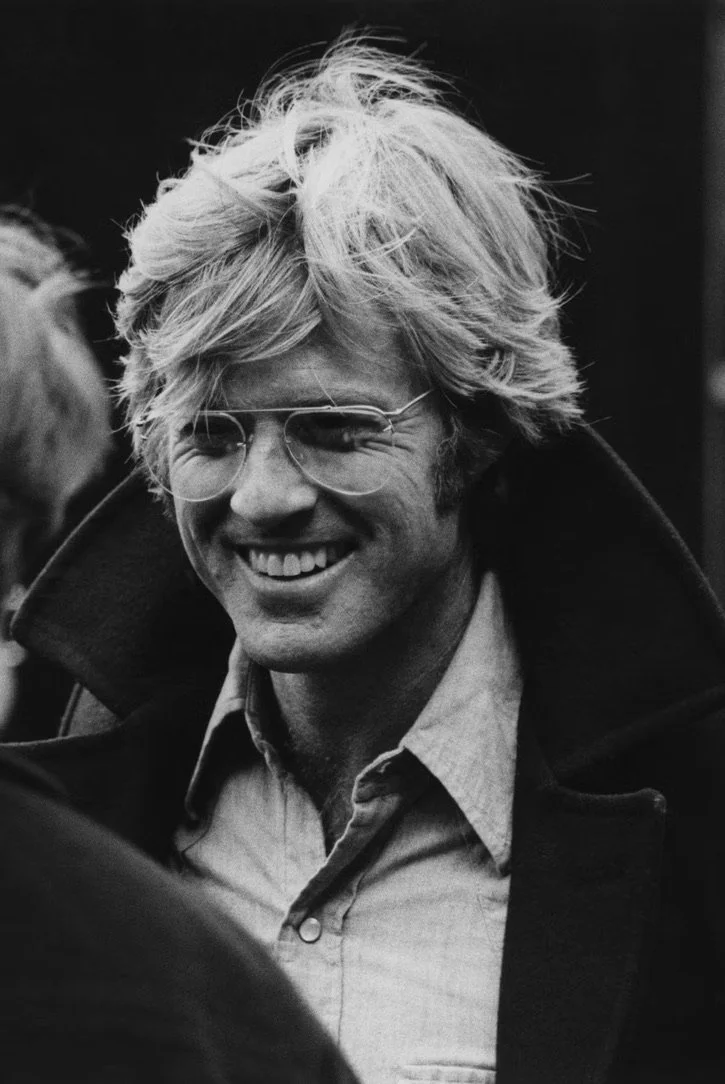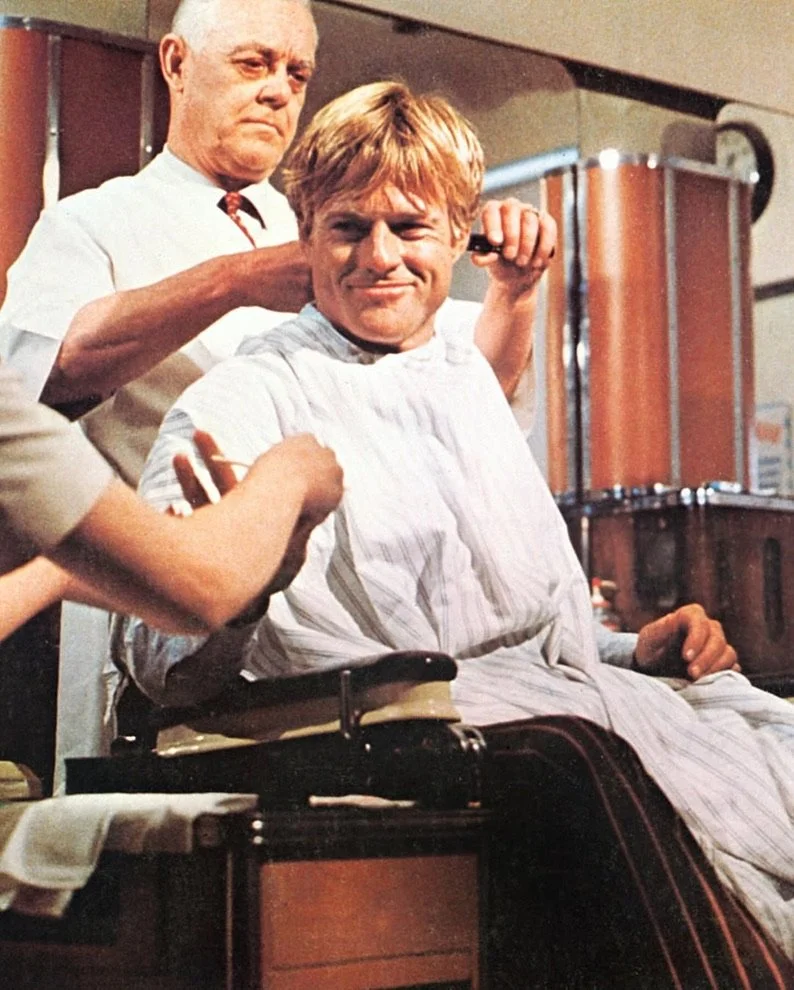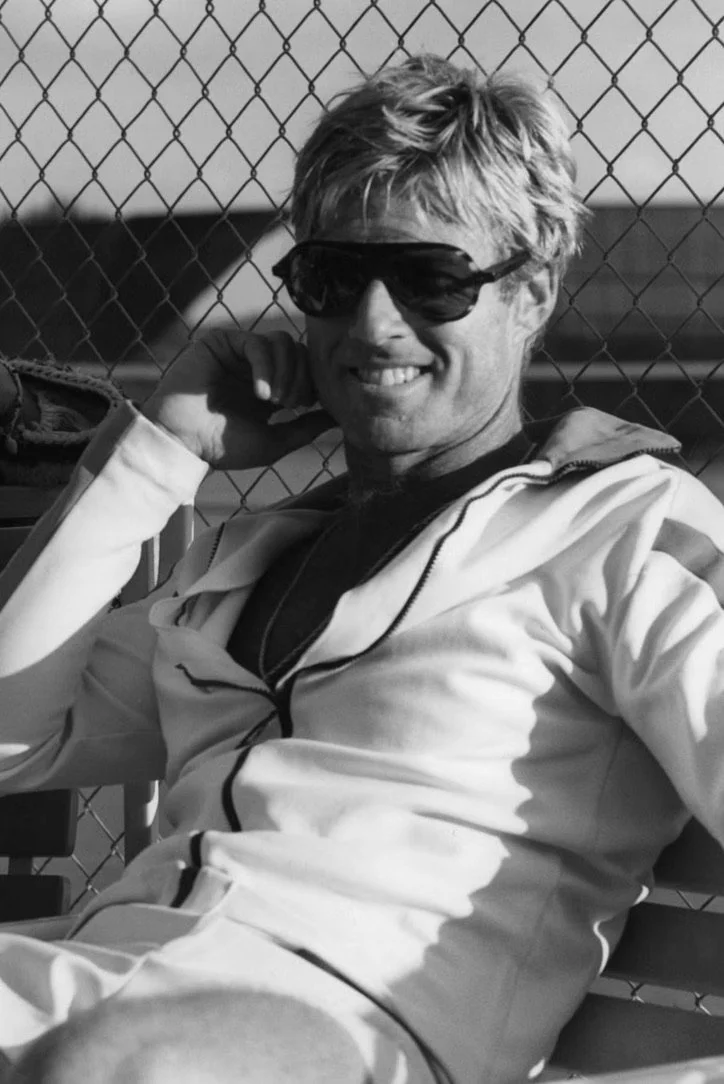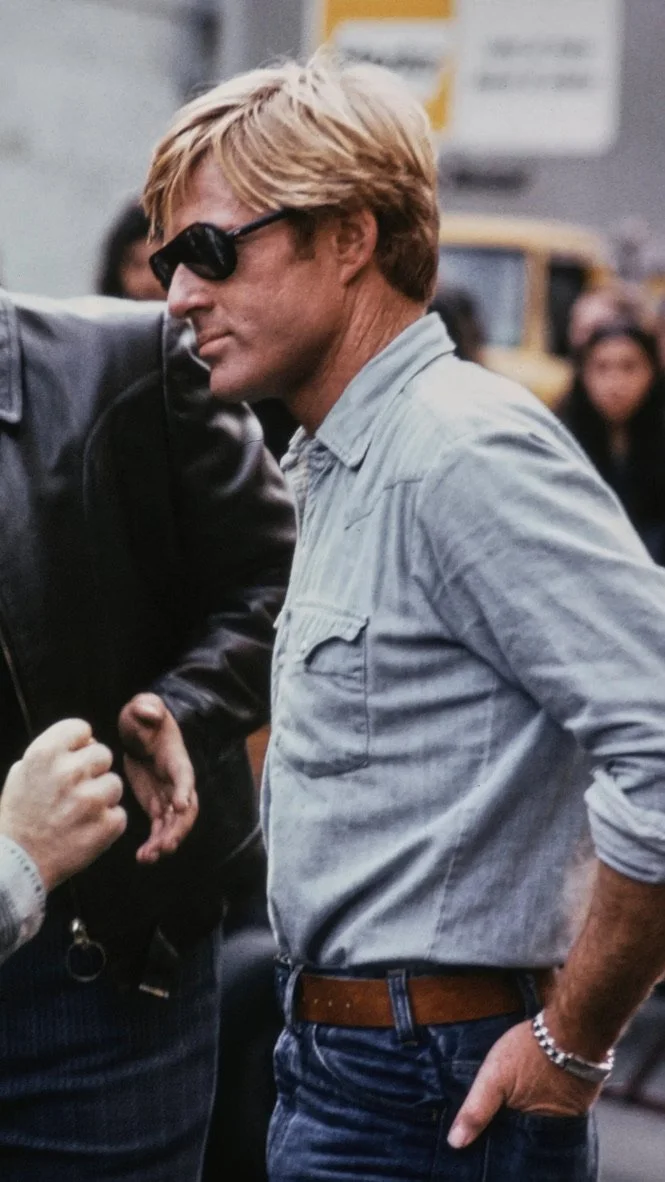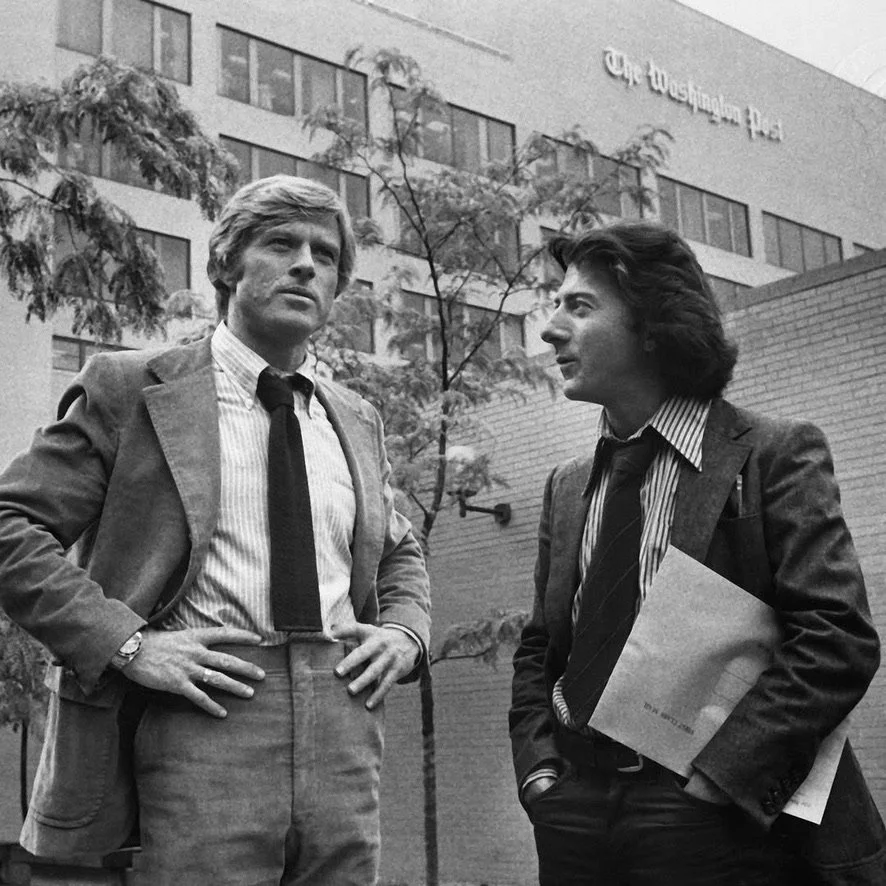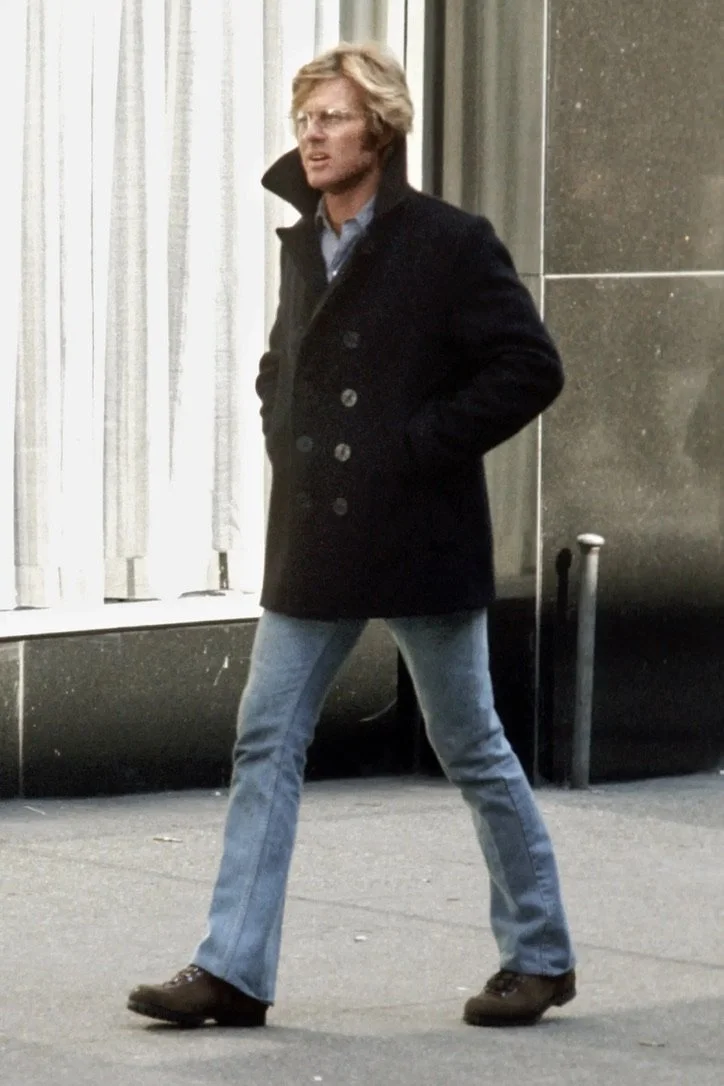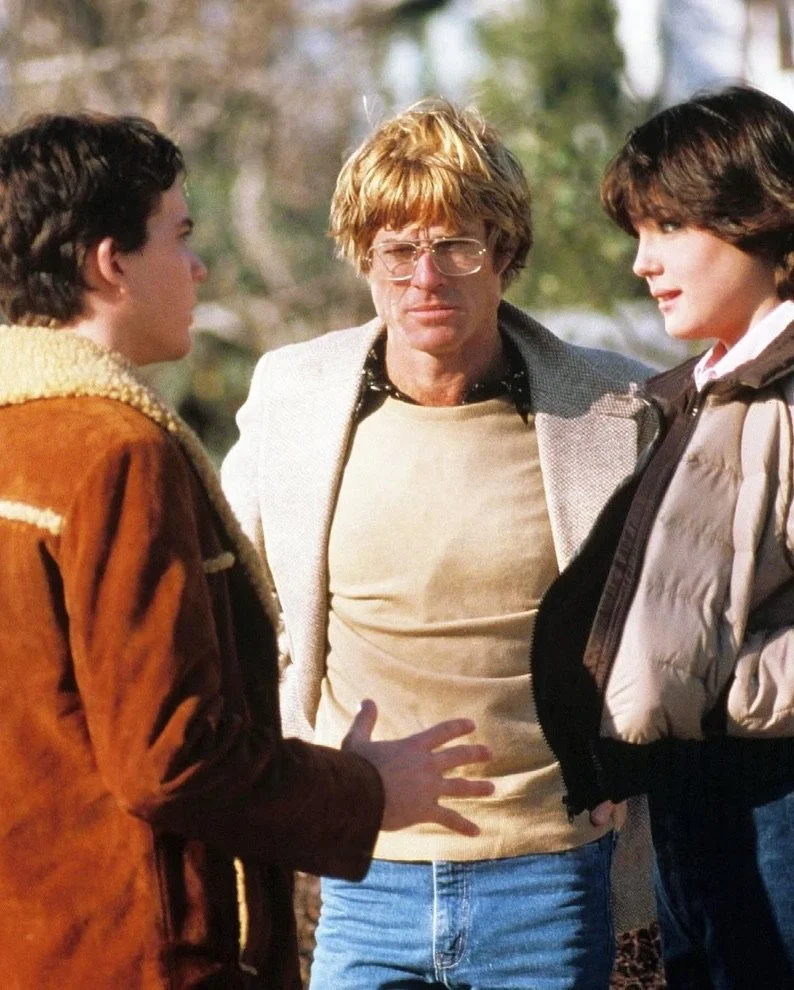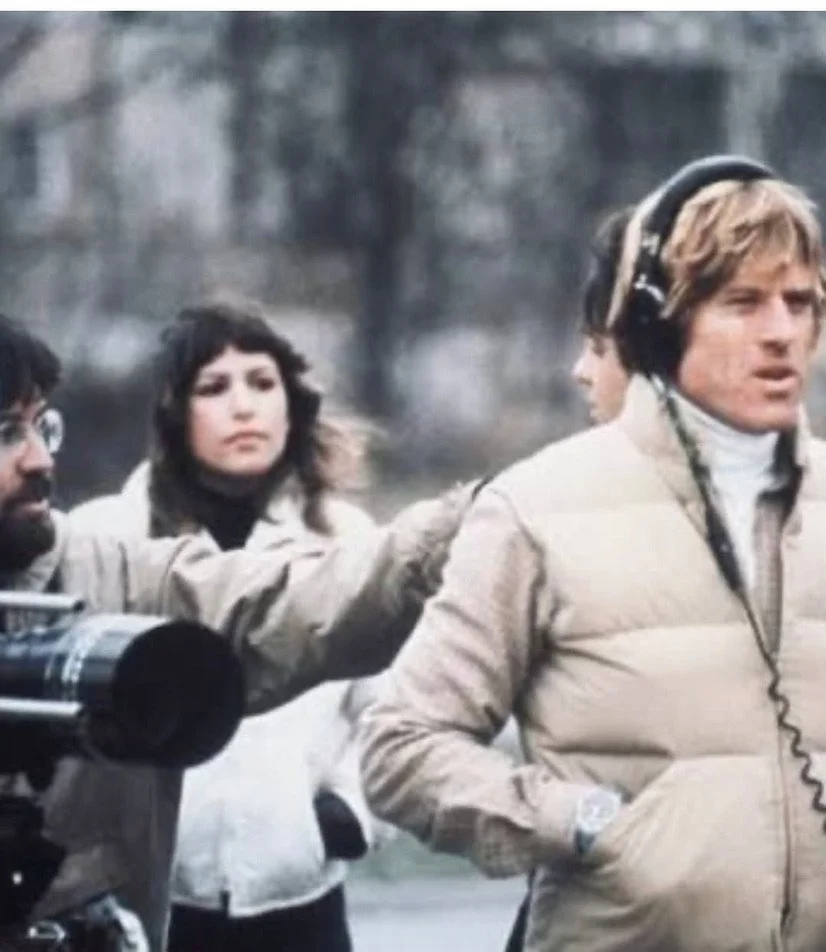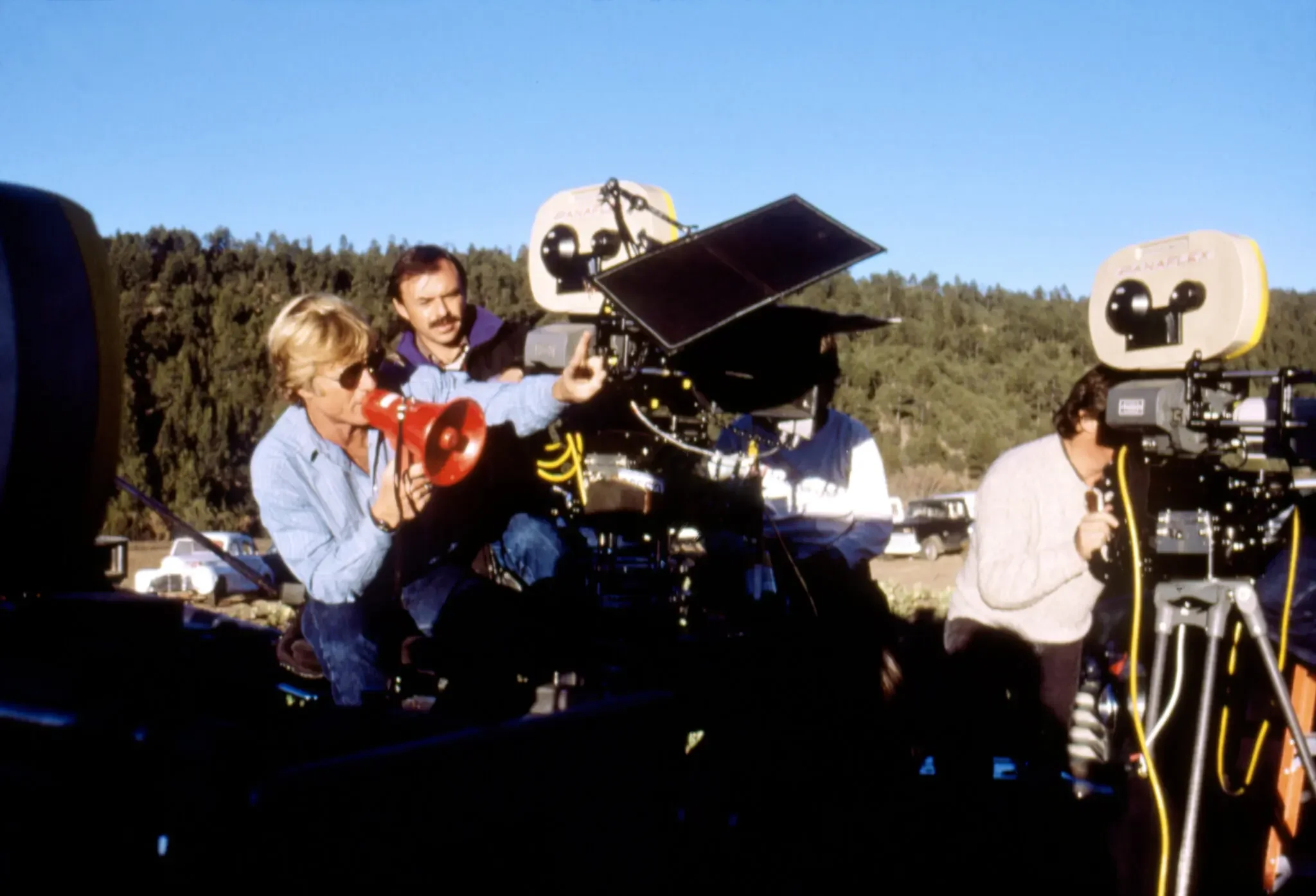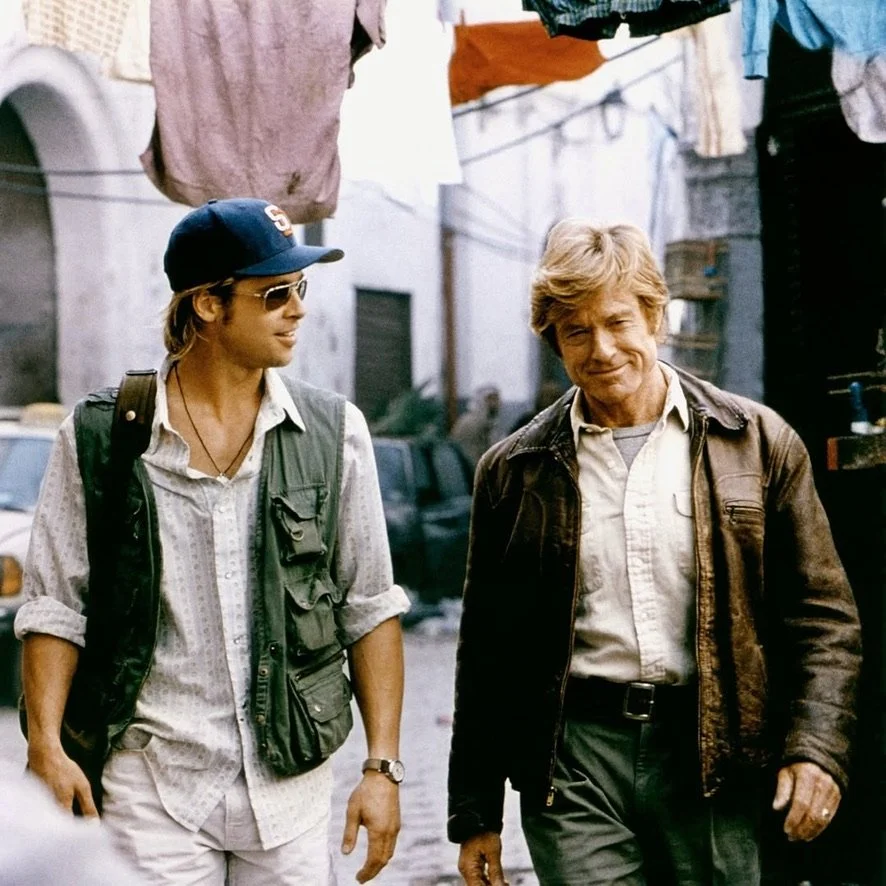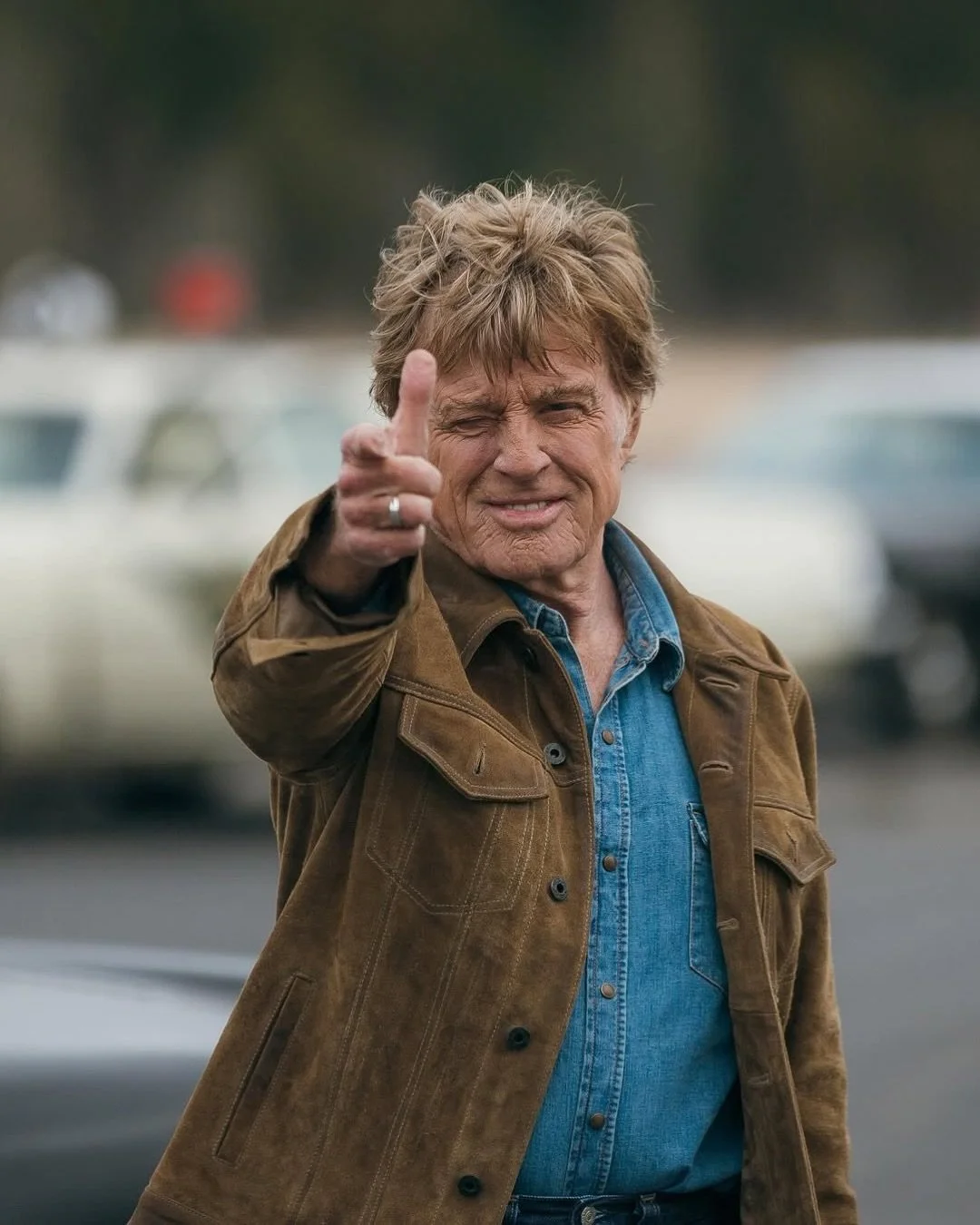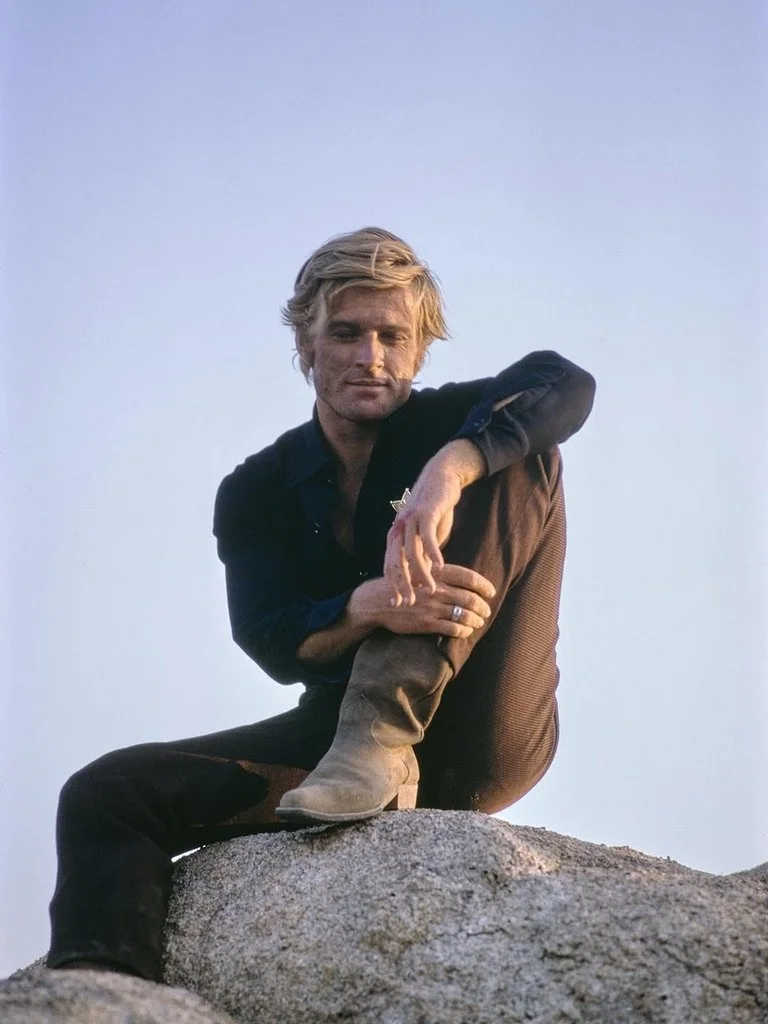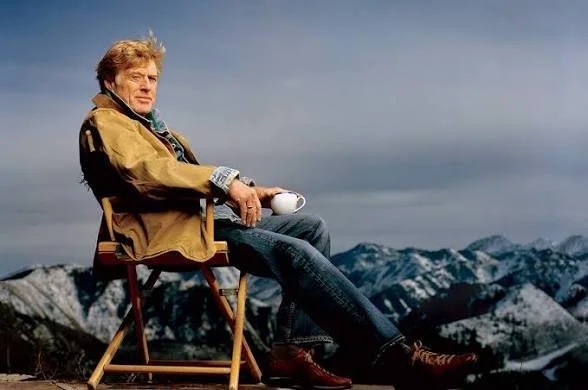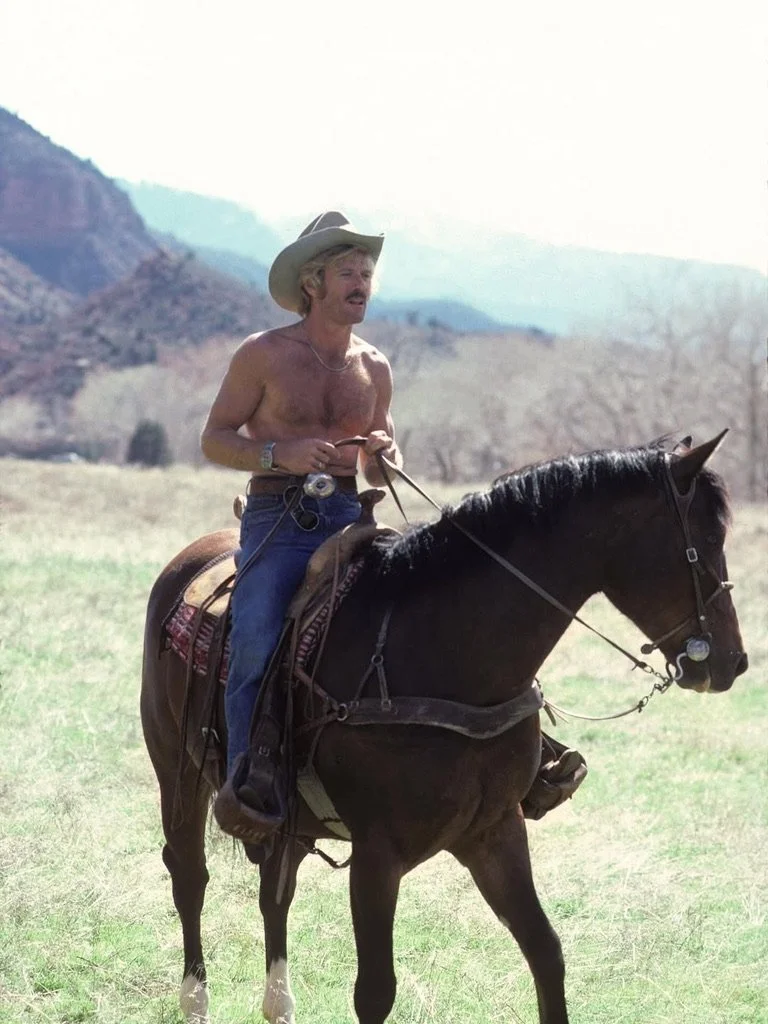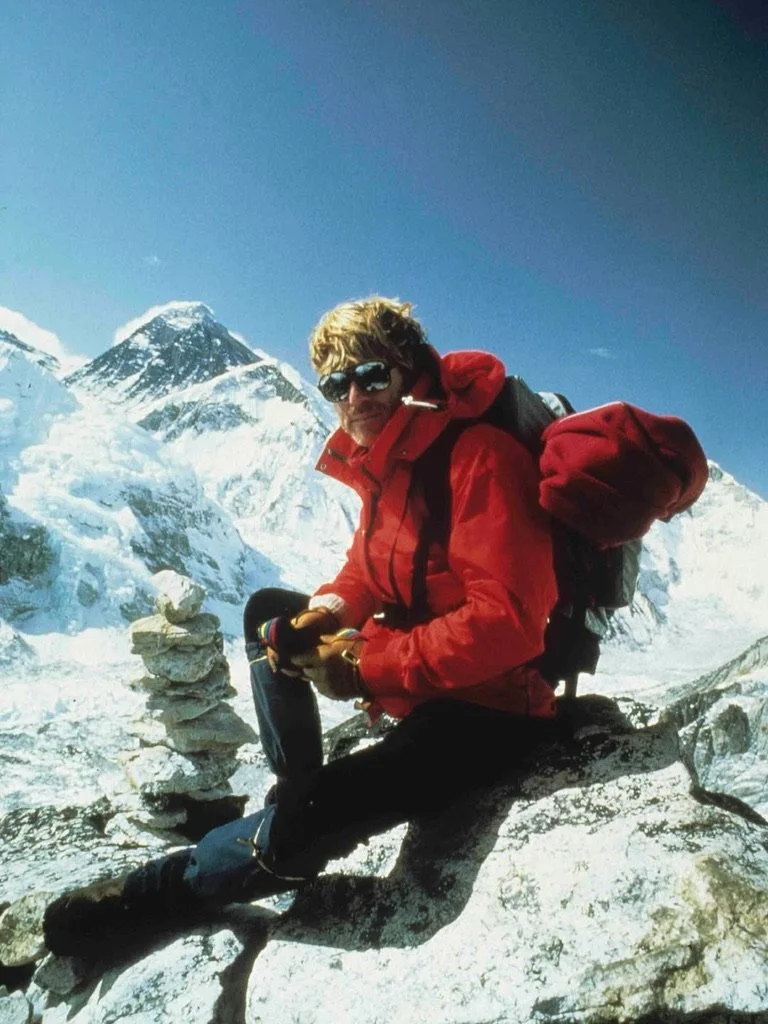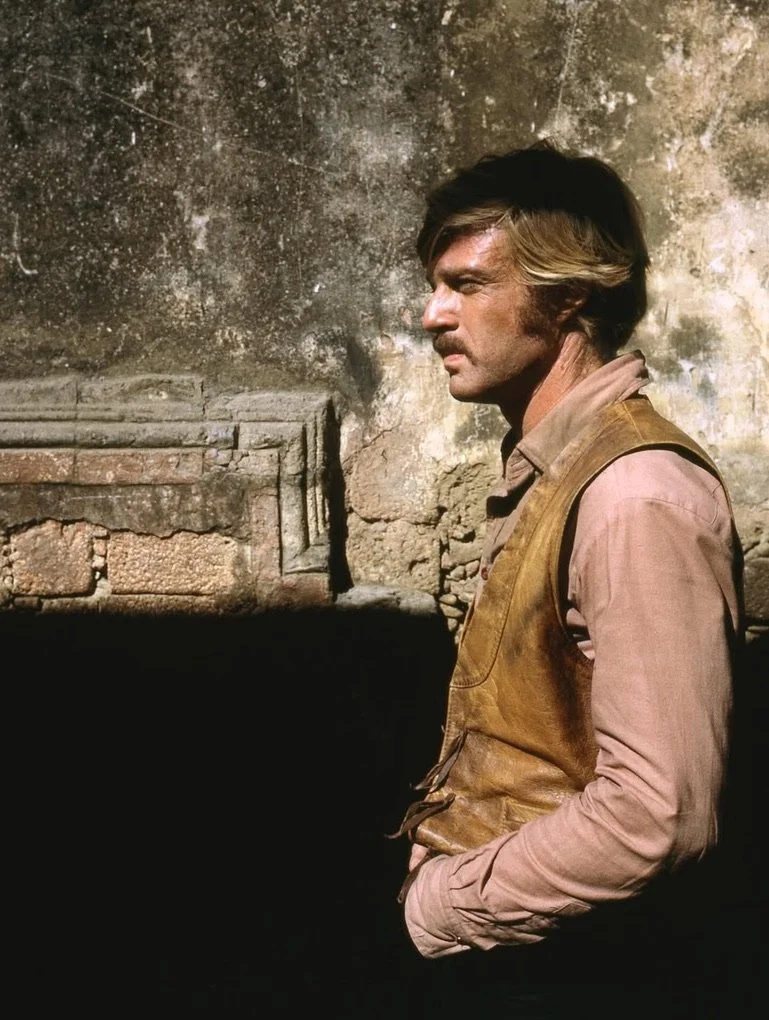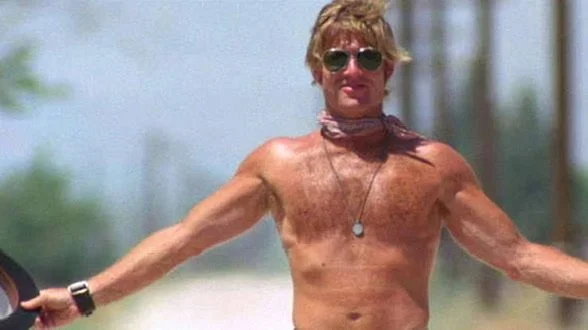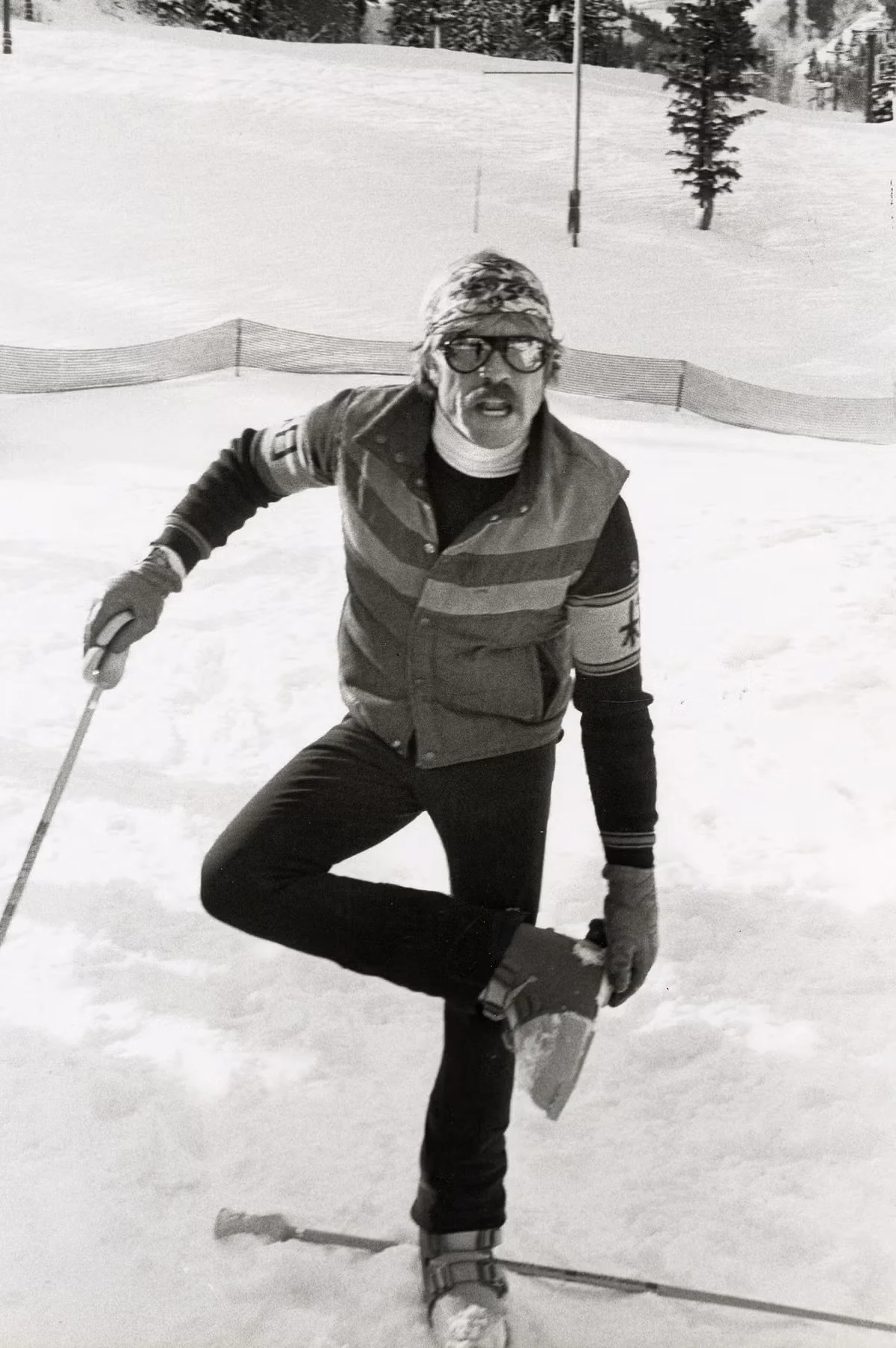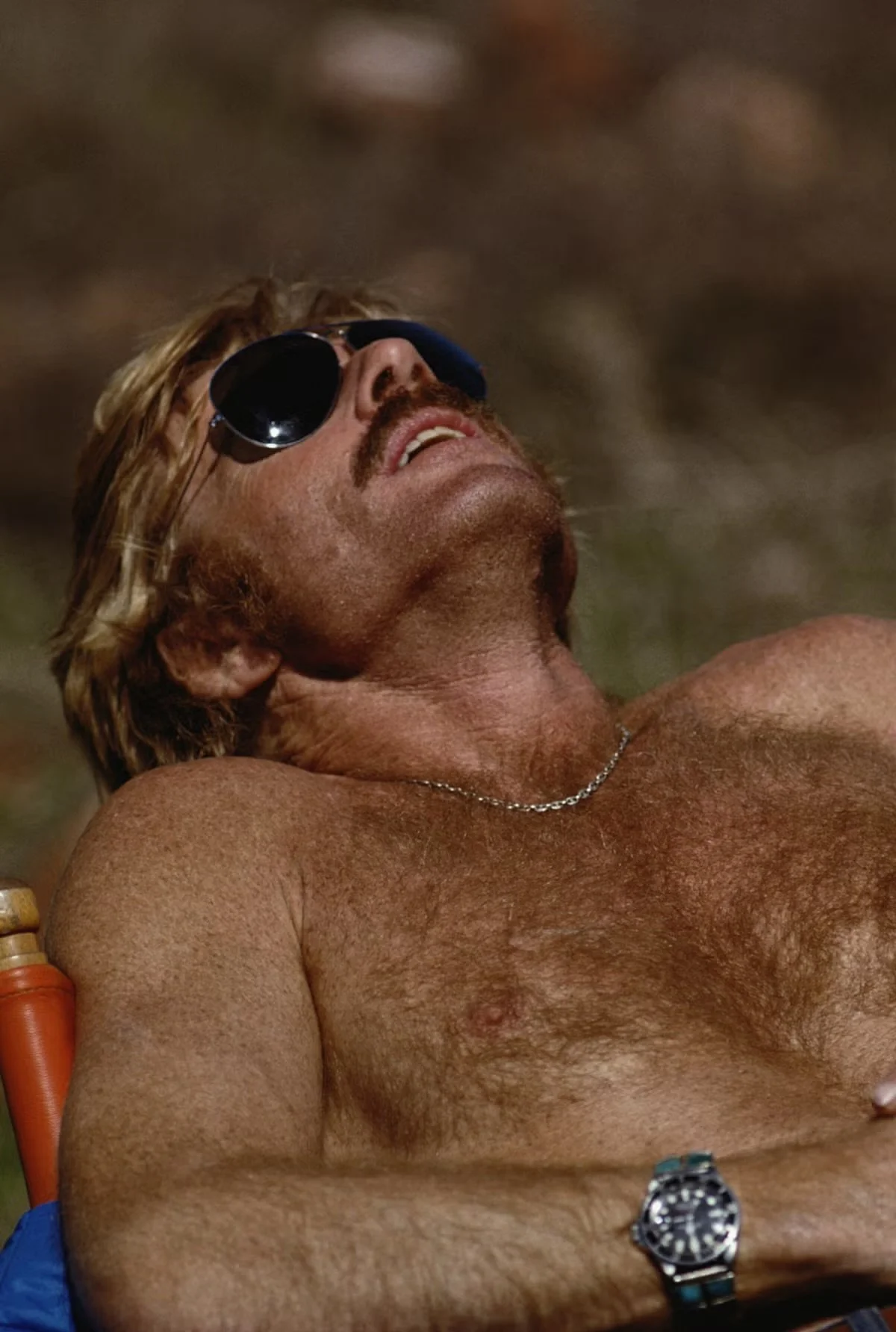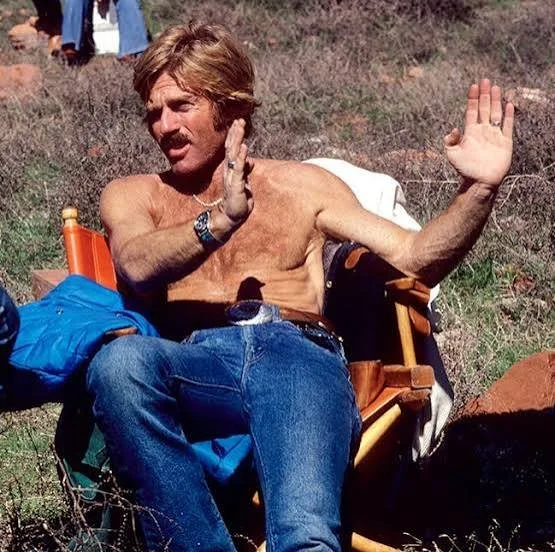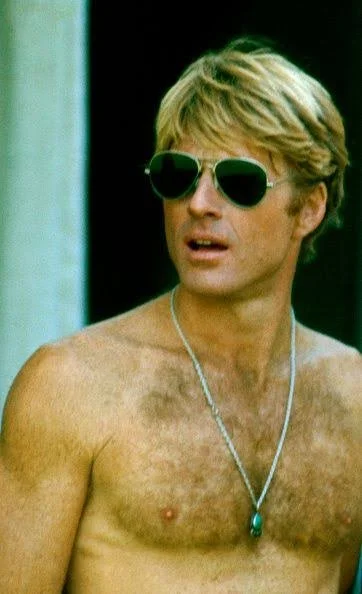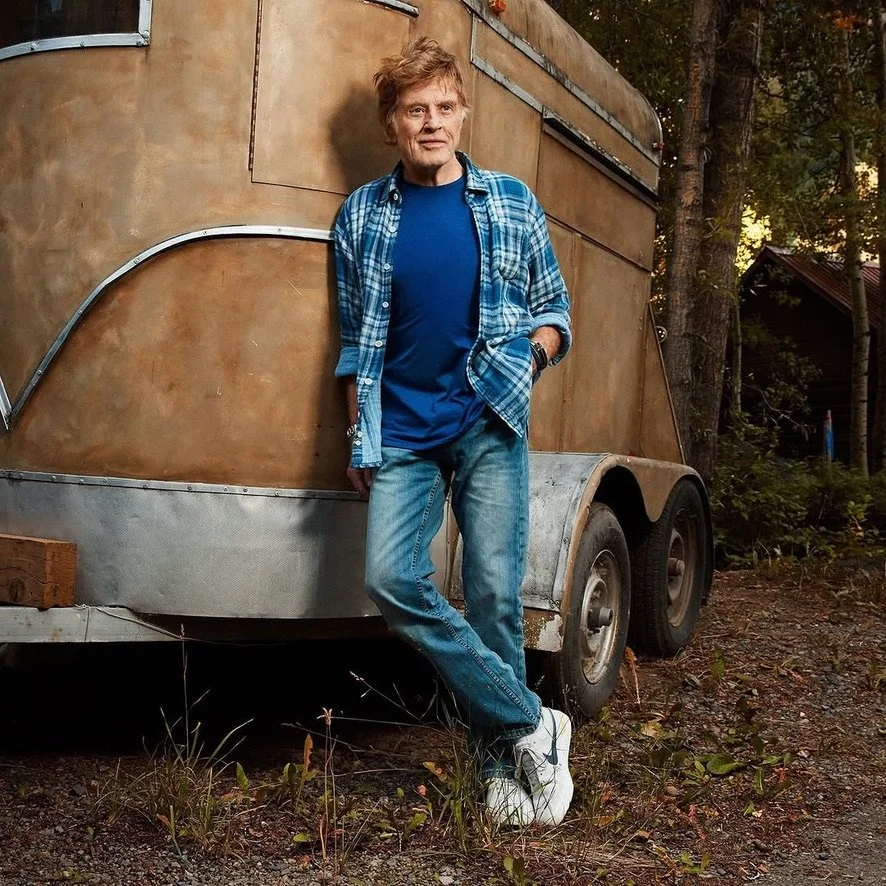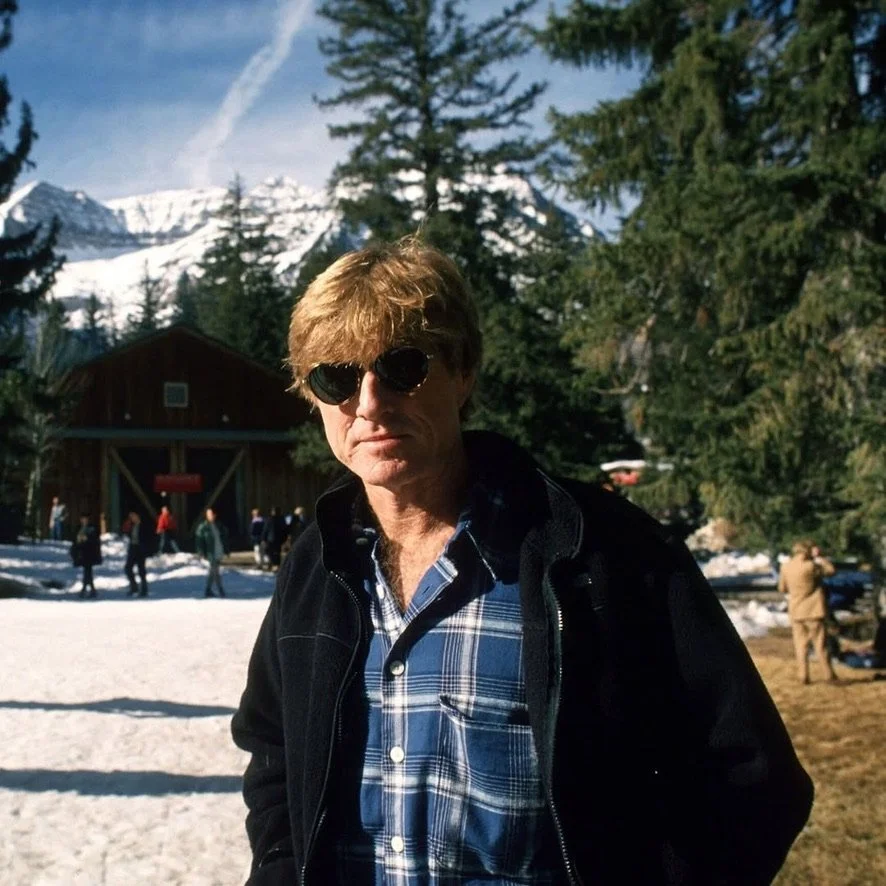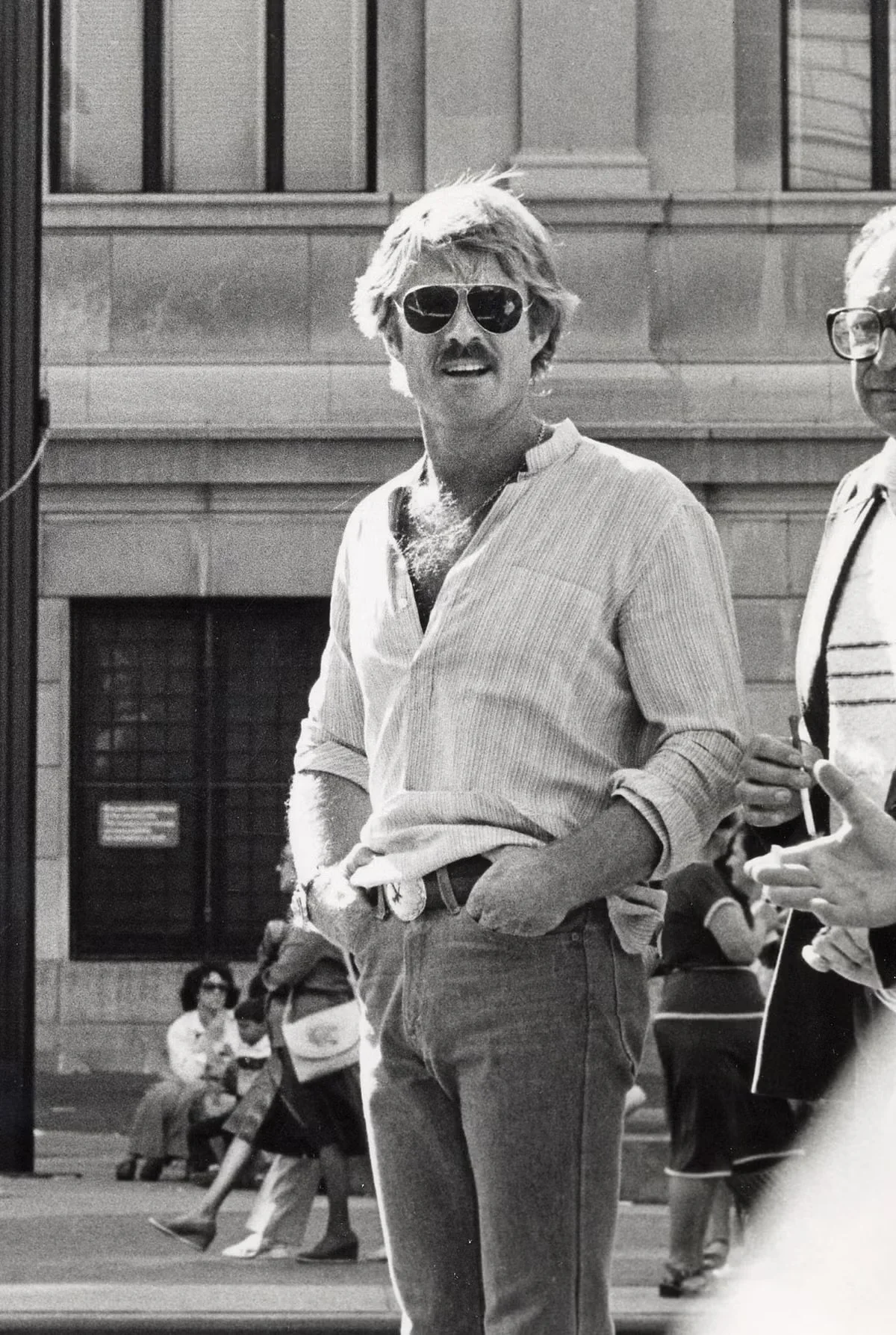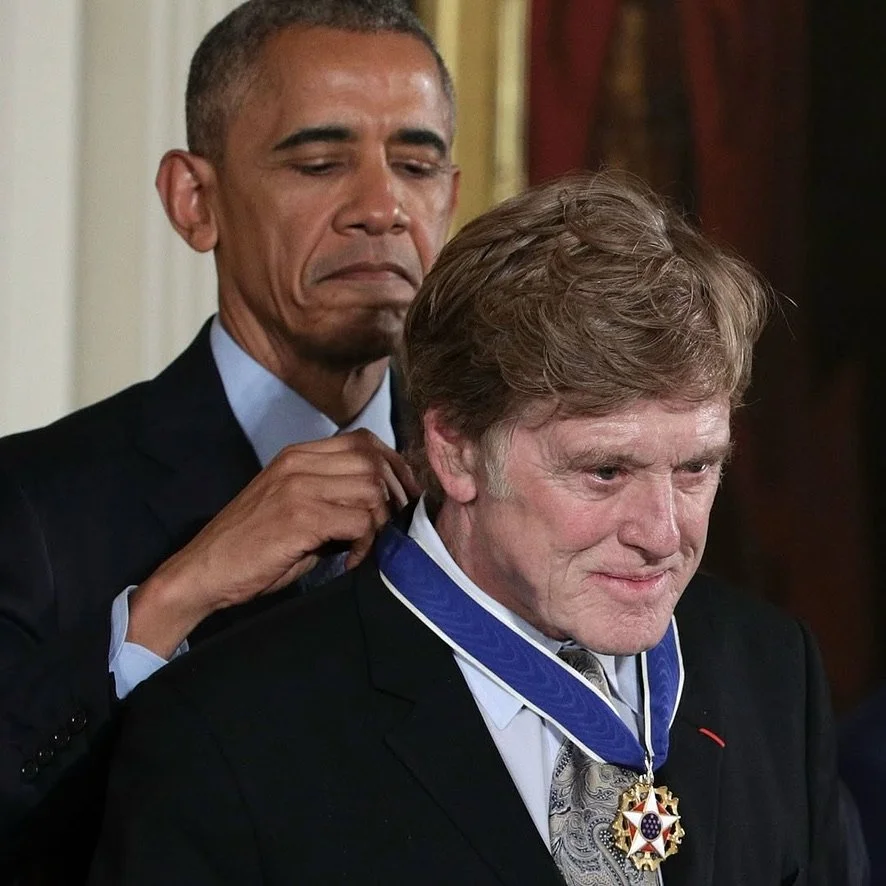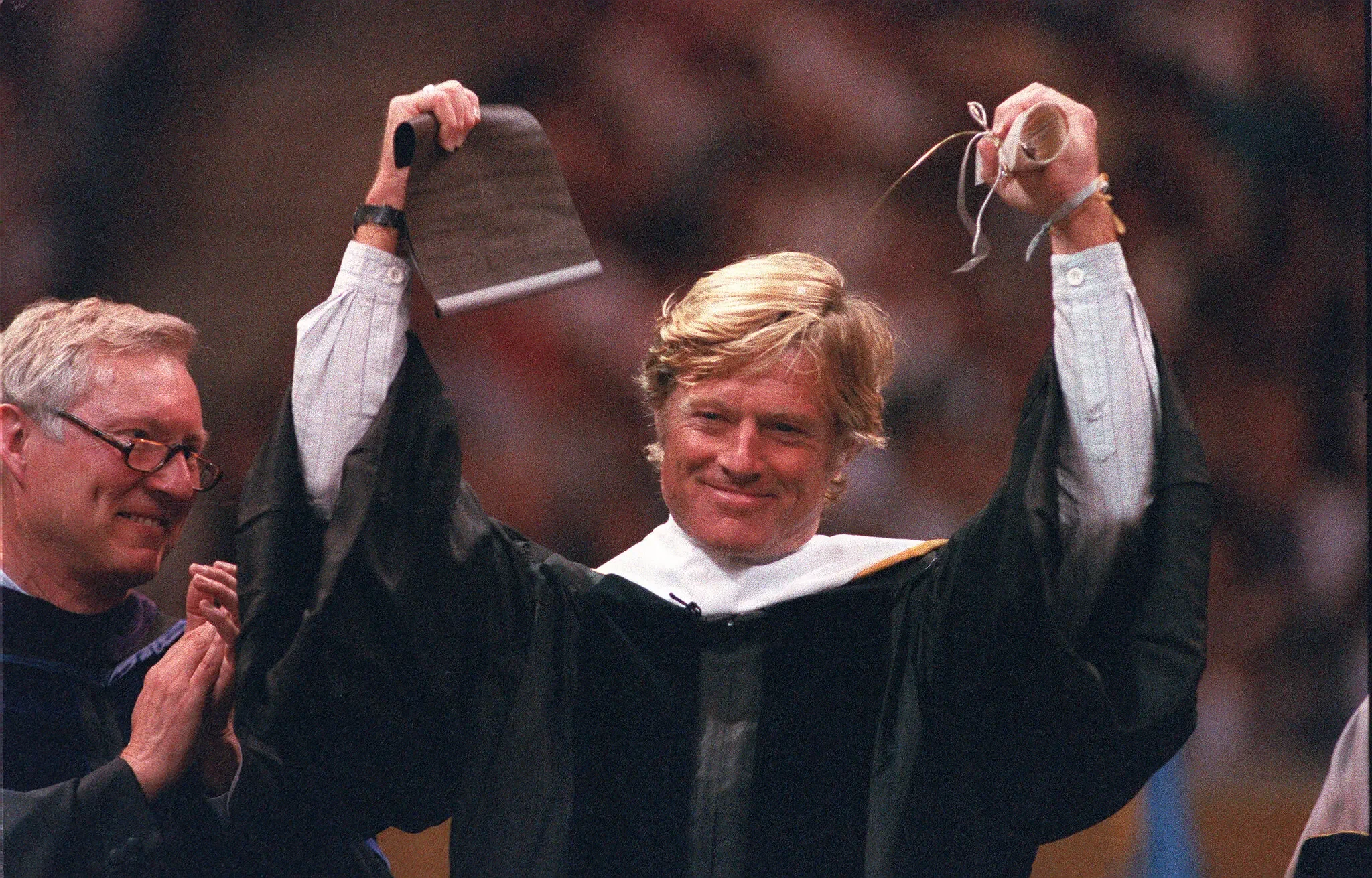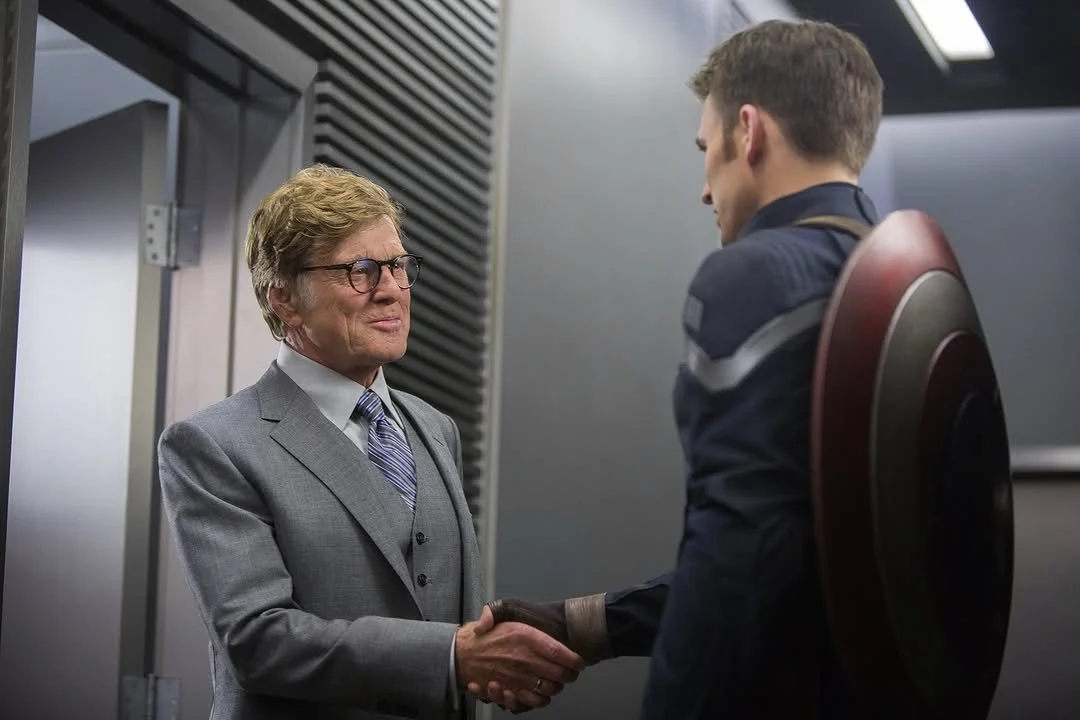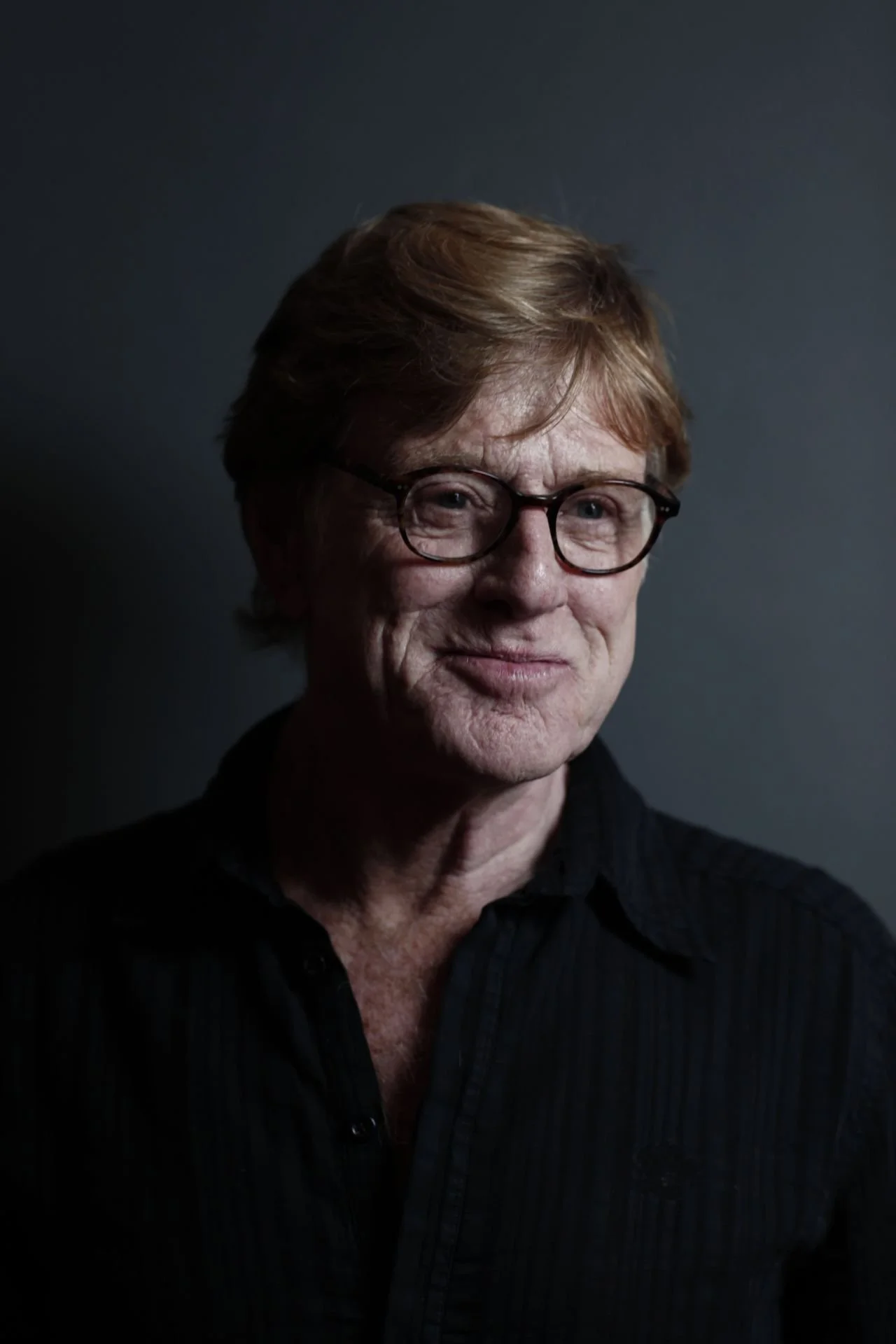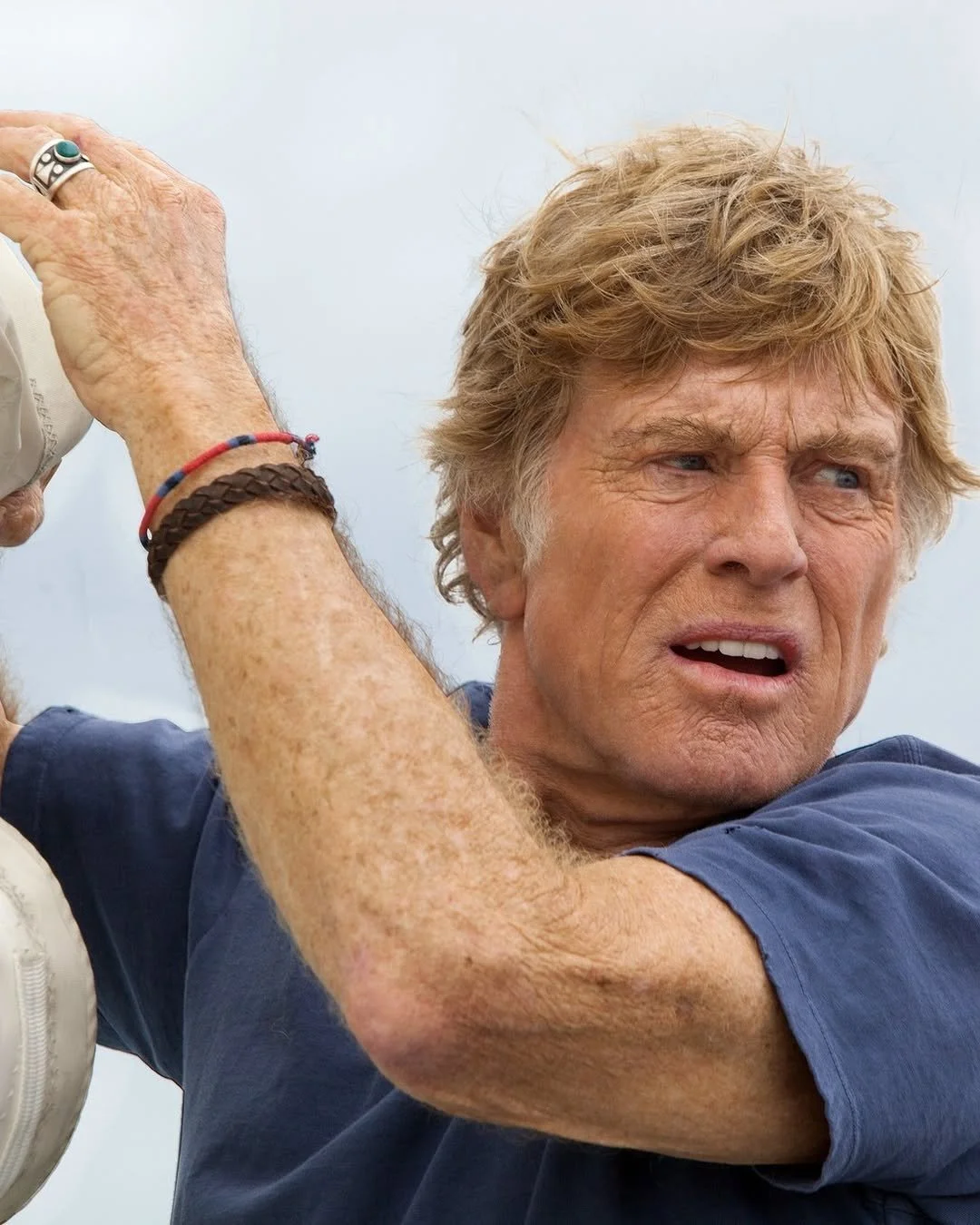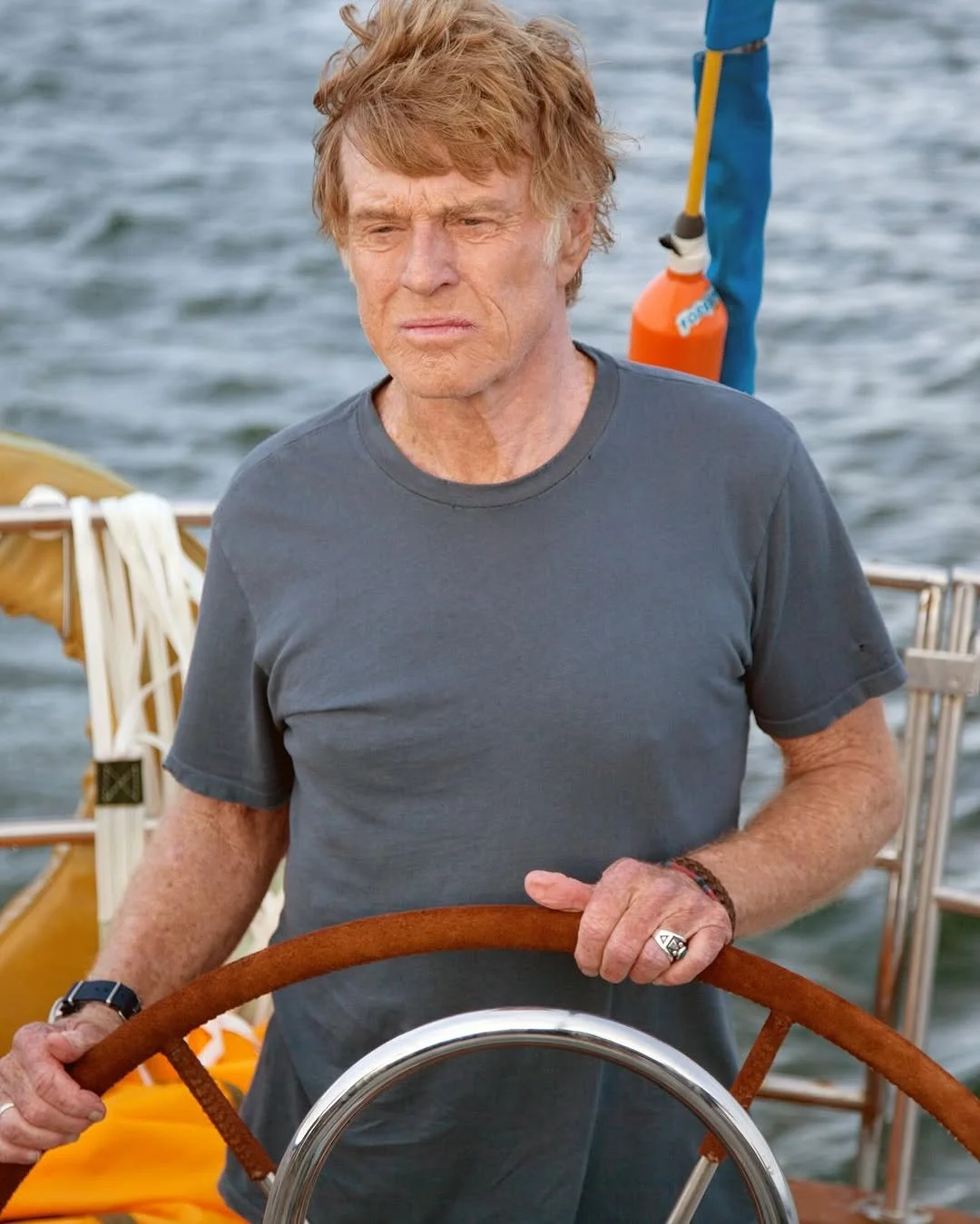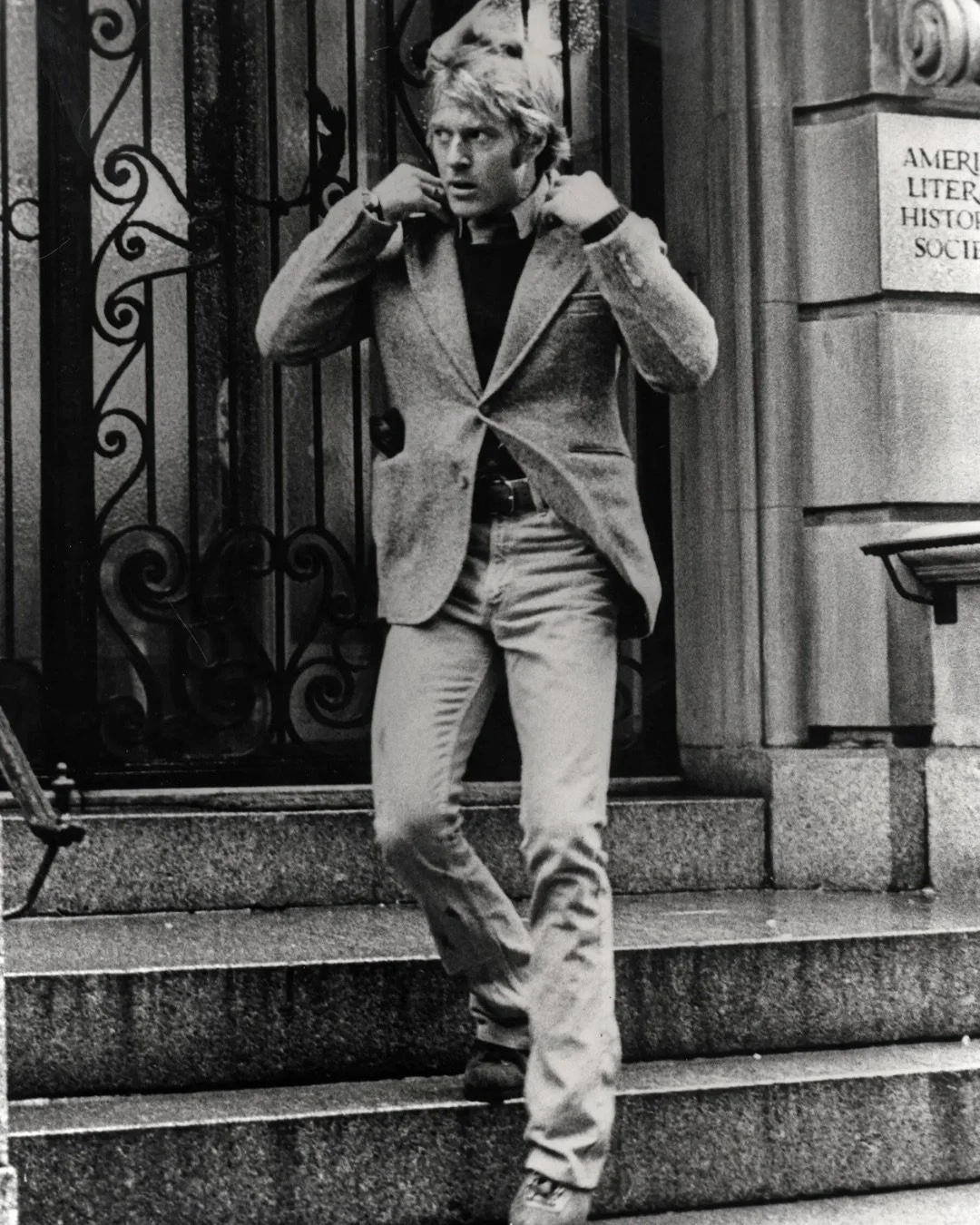Robert Redford Remembered: A Life in Pictures and a Legacy That Changed Cinema
Getty Images
A golden icon of American film, Robert Redford leaves behind a legacy that shaped independent cinema and defined a generation of moviegoers.
Robert Redford, the legendary actor, director, producer, and founder of the Sundance Institute, passed away at his home in Sundance, Utah, on September 16, 2025. He was 89. Surrounded by family in the place he called his creative sanctuary, Redford’s death marks the end of an era — but his impact on film, activism, and the American imagination will live on.
From his breakout role in ‘Butch Cassidy and the Sundance Kid’ to his fearless support of emerging voices through Sundance, Redford embodied a rare fusion of Hollywood star power and artistic integrity. He wasn’t just a matinee idol with piercing blue eyes and sun-drenched charm — he was a visionary who used his fame to rewrite the rules of the industry, giving a platform to stories that once had no home.
A Letter from The Cinema Group
Early Life & Breakthrough
Born in 1936 in Santa Monica, California, Robert Redford grew up amid the economic and cultural aftermath of World War II. Raised by a working-class family with Scottish-Irish roots, he quickly found himself searching for a creative outlet beyond the expectations of the postwar American dream. After a brief and tumultuous stint at the University of Colorado, where he was ultimately expelled, Redford's early life veered off the expected path. He headed to Europe to pursue painting, studying at the prestigious Pratt Institute in Paris, and immersing himself in the bohemian life that would shape his worldview and artistry.
When he returned to the United States, Redford shifted gears once again—this time enrolling at the American Academy of Dramatic Arts in New York City. His stage presence quickly turned heads. Appearances in Broadway productions like "Tall Story" and "Sunday in New York" hinted at his range and screen potential. But it was his lead role in Neil Simon’s "Barefoot in the Park," both on stage and in the 1967 film adaptation opposite Jane Fonda, that made him a household name.
The real turning point, however, came just two years later with 1969's "Butch Cassidy and the Sundance Kid." Paired with Paul Newman and directed by George Roy Hill, Redford’s portrayal of the charming outlaw Sundance not only cemented his stardom—it forever linked his name with one of the most influential film institutions in history.
The Golden Era Leading Man
Redford’s momentum only grew through the 1970s, a golden era in which he became a defining face of American cinema. Films like "The Sting," "All the President's Men," "Three Days of the Condor," "The Way We Were," and "Jeremiah Johnson" showcased his uncanny ability to balance charisma with gravitas. He embodied a uniquely American ideal: rugged yet refined, principled yet accessible.
Not merely content to be the face on the poster, Redford craved more creative control. His directorial debut, 1980’s "Ordinary People," was a revelation. A deeply human drama about grief and family dysfunction, the film won four Academy Awards, including Best Picture and Best Director for Redford. He became one of only a few actors to seamlessly transition into acclaimed filmmaking—a rare feat even today.
In the years that followed, Redford demonstrated his directorial range and thematic interests with "A River Runs Through It," which launched Brad Pitt’s career, and the politically charged "Quiz Show." His films were often meditative, elegantly shot, and emotionally complex, appealing to audiences who craved both substance and style.
Directing with Purpose
In 1980, Redford made his directorial debut with ‘Ordinary People’ — a quiet, devastating family drama that won four Academy Awards, including Best Picture and Best Director. It set the tone for a directorial career marked by emotional depth and political consciousness. Later works like ‘A River Runs Through It,’ ‘Quiz Show,’ and ‘The Conspirator’ tackled themes of legacy, truth, and accountability — ideas Redford grappled with both onscreen and off.
Even in his later roles, including standout turns in ‘All Is Lost’ and ‘The Old Man & the Gun,’ Redford delivered textured, physical performances that defied the conventions of age in Hollywood. His swan song in 2019’s ‘Avengers: Endgame’ was a fitting coda, slipping into the Marvel universe with the same quiet gravitas he brought to a lifetime of films.
The Sundance Kid
In 1981, driven by a frustration with Hollywood's increasing commercialism, Redford founded the Sundance Institute. He envisioned it as a creative sanctuary—one that would support emerging filmmakers who defied convention. What began as a modest workshop in Utah evolved into a full-fledged movement.
The Sundance Film Festival, launched soon after, redefined the landscape of independent film. It became the place where daring voices could thrive: Steven Soderbergh debuted "sex, lies, and videotape" there; Quentin Tarantino exploded with "Reservoir Dogs"; and future auteurs like Kelly Reichardt, Ava DuVernay, and Ryan Coogler all passed through its gates.
POPULAR ON THE CINEMA GROUP
Beyond the films, Sundance fostered an ethos—one of authenticity, experimentation, and community. For The Cinema Group, Sundance has always been sacred ground, a place where storytelling reigns and where Robert Redford’s spirit still echoes through every standing ovation and every new voice discovered.
Redford’s most enduring impact may be what he built for others. In 1981, he founded the Sundance Institute and later the Sundance Film Festival, forever altering the trajectory of independent cinema. What began as a filmmaker’s lab evolved into a global launchpad for directors like Quentin Tarantino, Ryan Coogler, and Chloé Zhao. Sundance didn’t just elevate indie films — it became the blueprint for a new kind of storytelling, one defined by creative freedom, risk-taking, and cultural urgency.
His belief in the power of independent voices — and the infrastructure he created to support them — remains one of his greatest achievements. For generations of filmmakers, Sundance wasn’t just a festival. It was a lifeline.
A Quiet Force in Activism
Redford was also a committed environmentalist and political voice, long before it was fashionable for celebrities to take a stand. He advocated for the protection of public lands, championed climate action, and supported documentary filmmaking as a vehicle for truth. His legacy in activism mirrors his work in cinema: deeply principled, quietly powerful, and always forward-looking.
Final Curtain, Enduring Spirit
Even as Redford aged, his creative output remained rich and relevant. Films like "All Is Lost" (2013), a nearly wordless survival story, and "The Old Man & the Gun" (2018), a gentle farewell to his on-screen outlaw persona, revealed a master performer in total command of his craft. He even subverted expectations with a turn as a morally ambiguous villain in Marvel’s "Captain America: The Winter Soldier."
But Redford’s contributions went far beyond the silver screen. A staunch environmentalist, he worked tirelessly to preserve public lands, combat climate change, and amplify indigenous and underrepresented voices. He co-founded the Redford Center, which supports environmental filmmaking, and was frequently vocal about political issues, from election integrity to media accountability.
He didn’t just act. He acted with purpose.
Legacy
Robert Redford isn’t just a chapter in film history. He is the backbone of it.
He redefined what it meant to be a leading man and reimagined the role of the filmmaker. His dual identities—as matinee idol and visionary trailblazer—make him a rarity in Hollywood's crowded pantheon. Whether as Sundance's founding father or the quiet hero of a generational classic, Redford's presence has always demanded our attention—and earned our respect.
You see him in every young director who dares to buck the system. In every actor who finds beauty in restraint. In every film festival badge held up with pride.
To say he will be missed is too small. To say he changed the world of cinema is closer to the truth.
Thank you, Robert Redford. We are forever in your debt.



